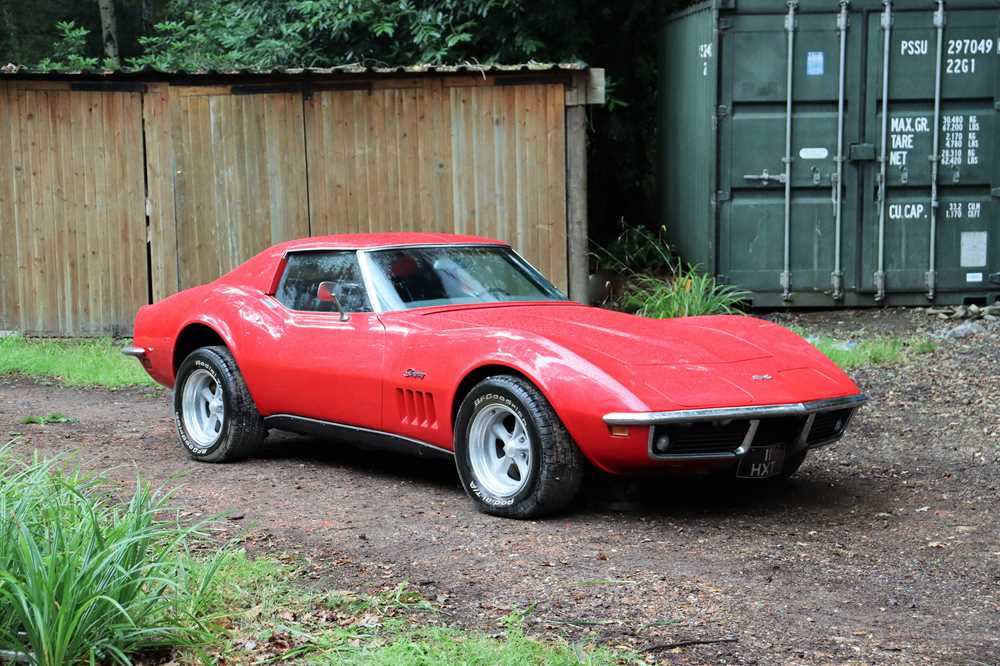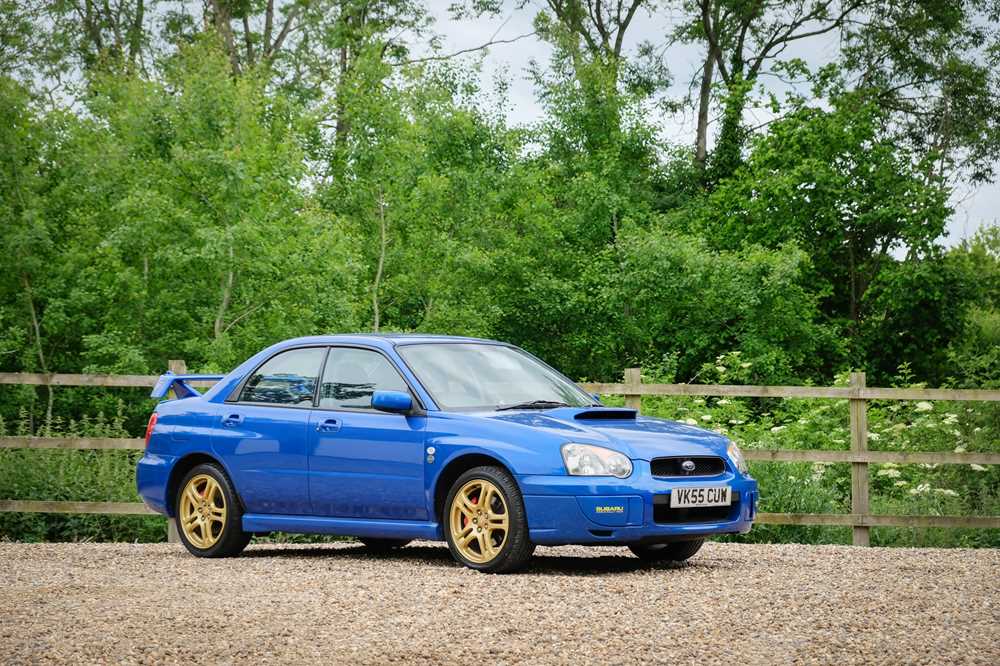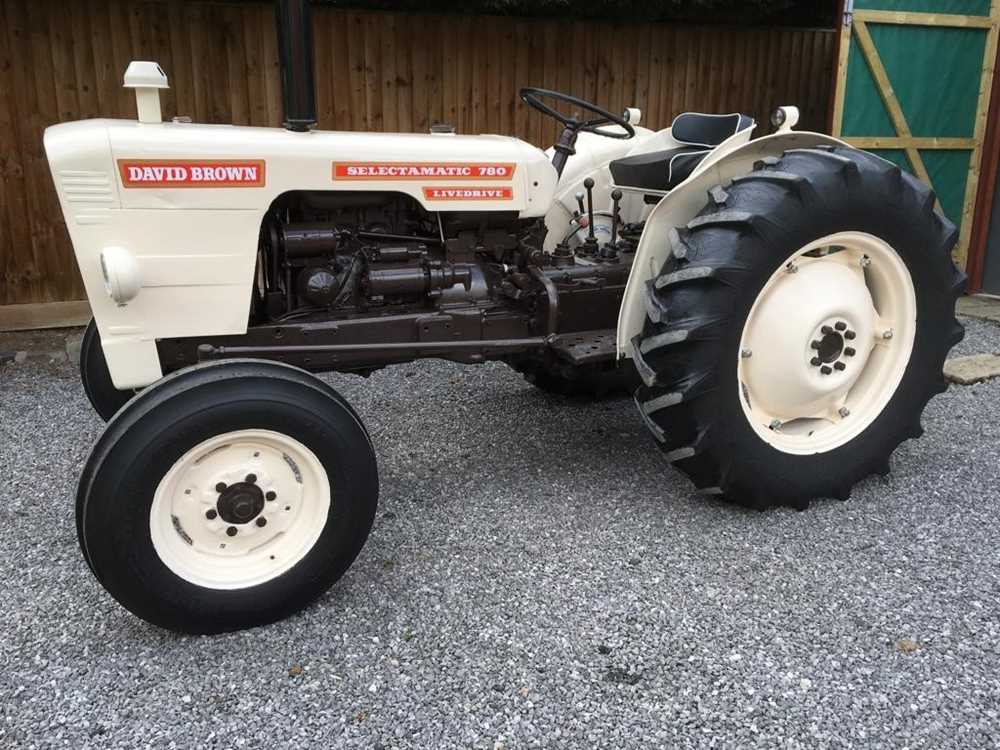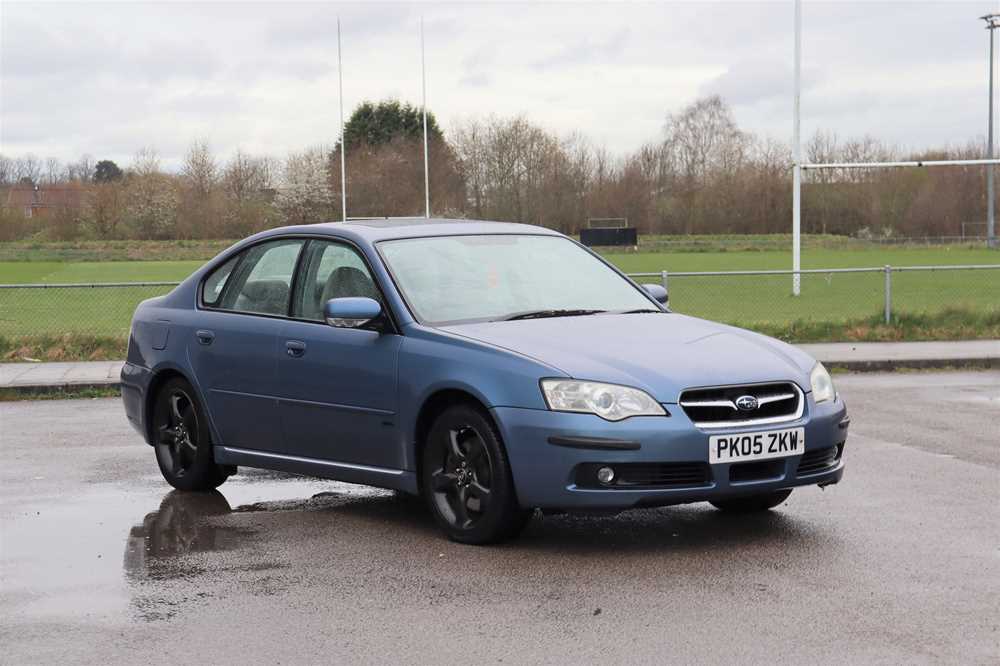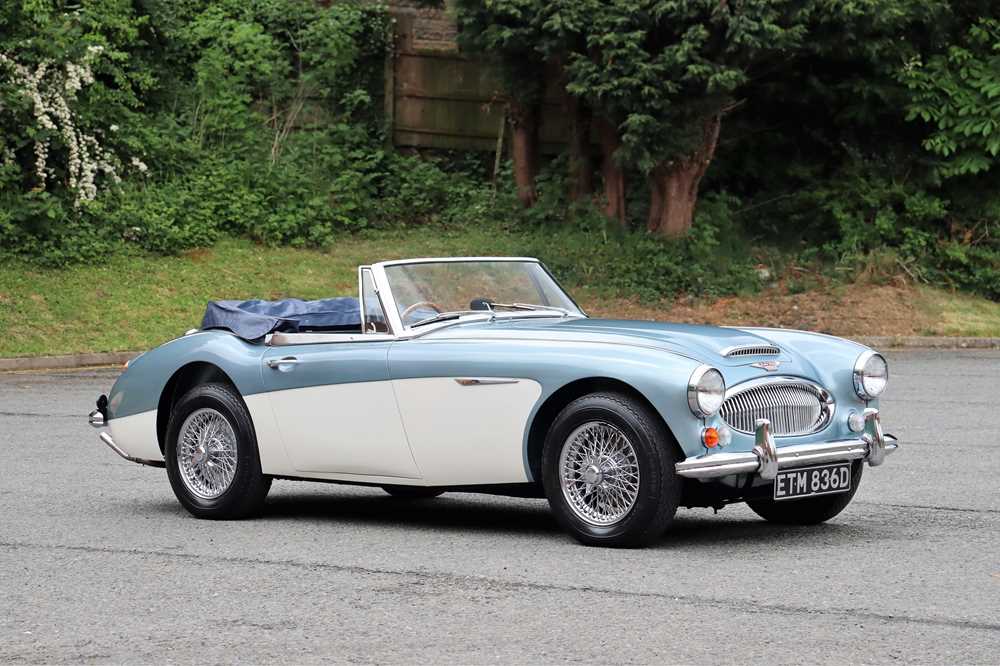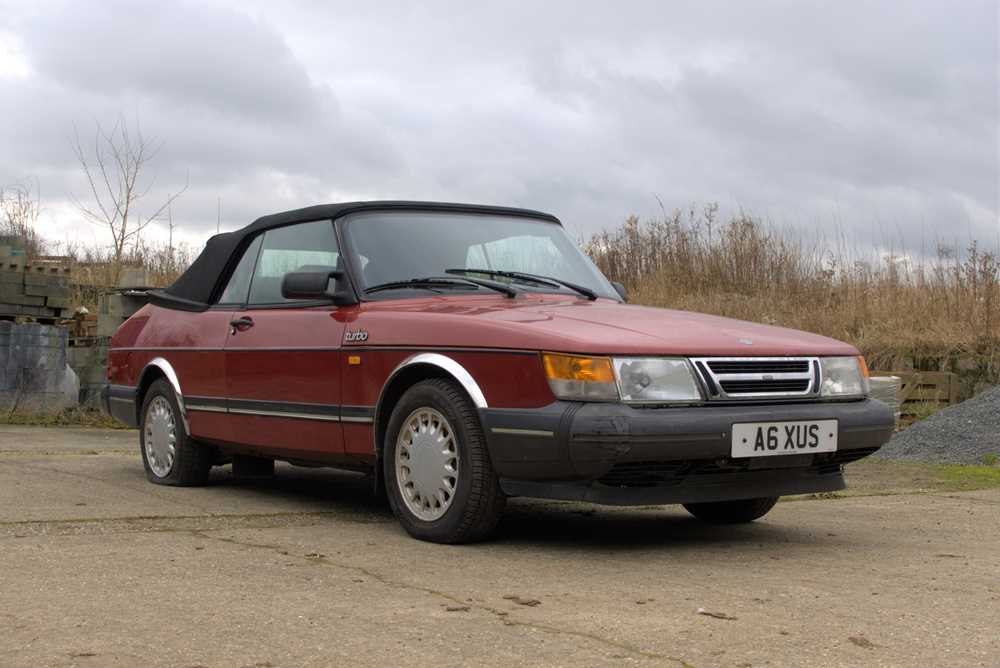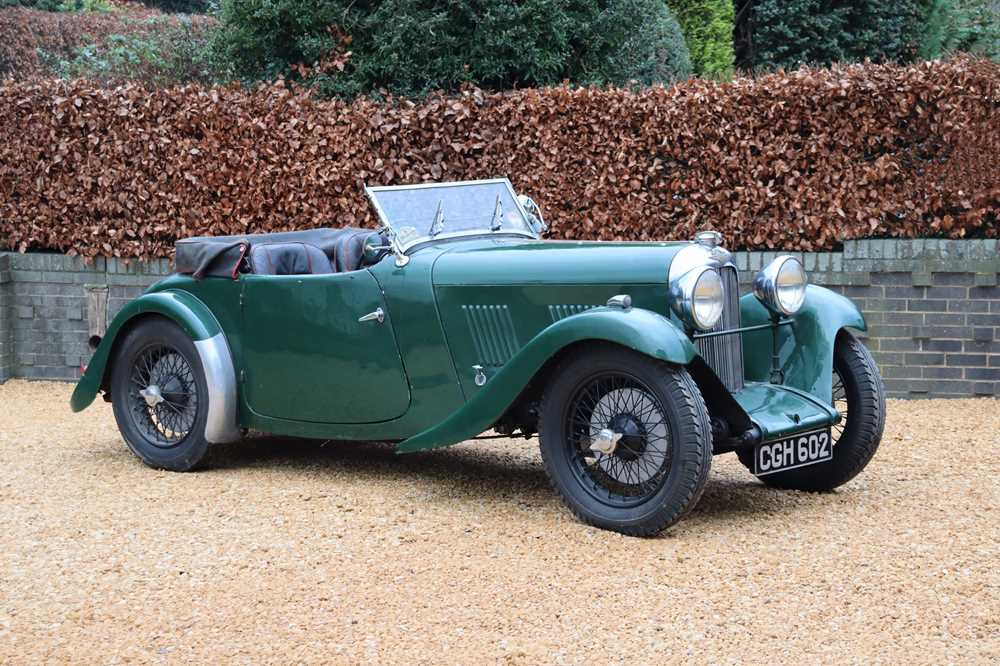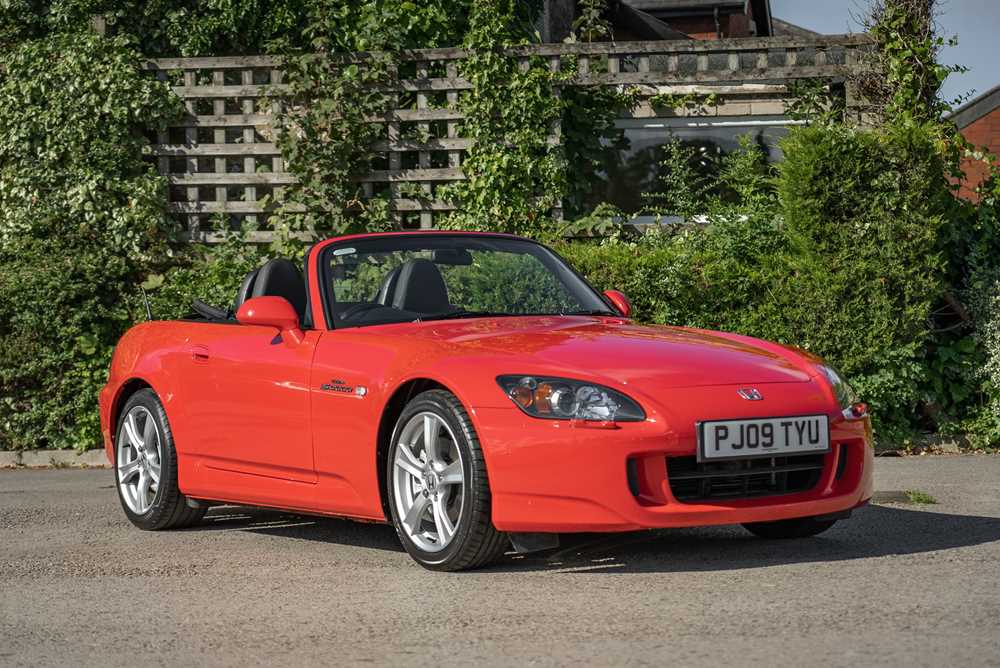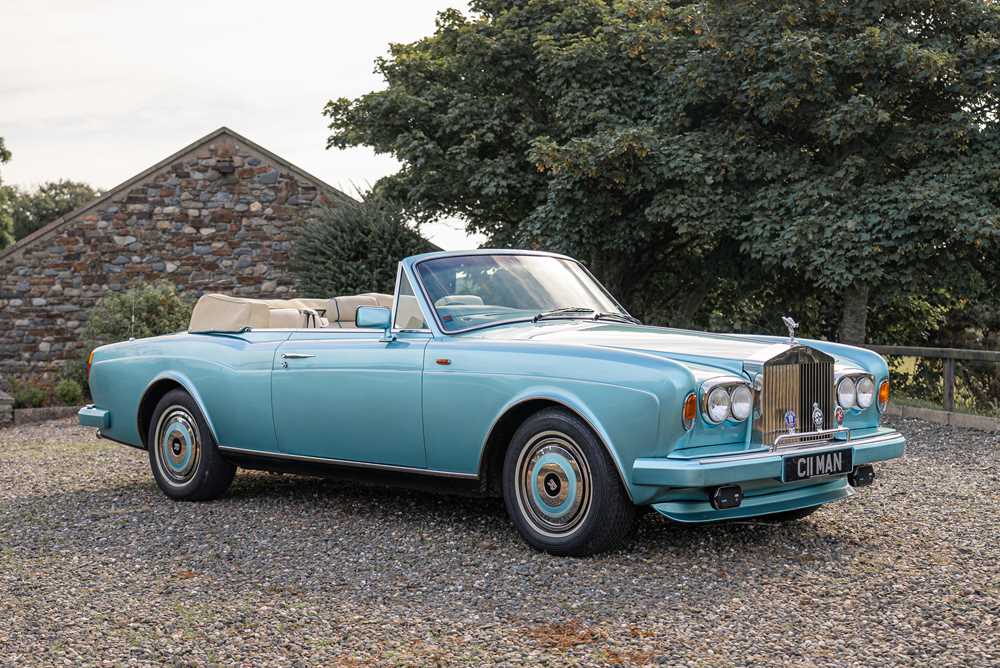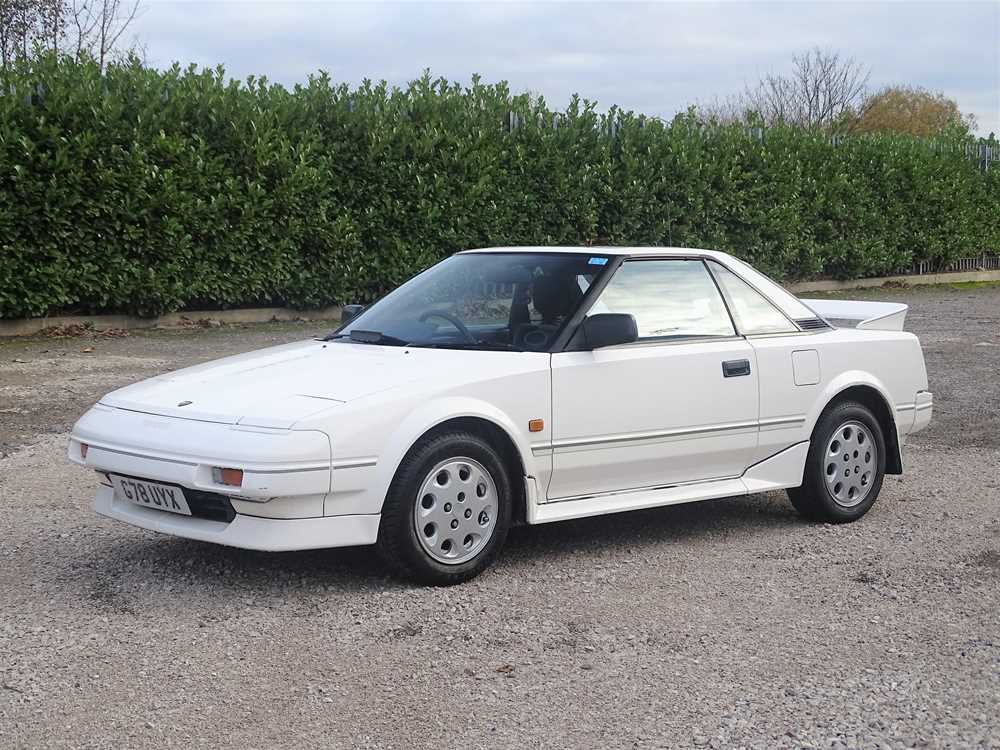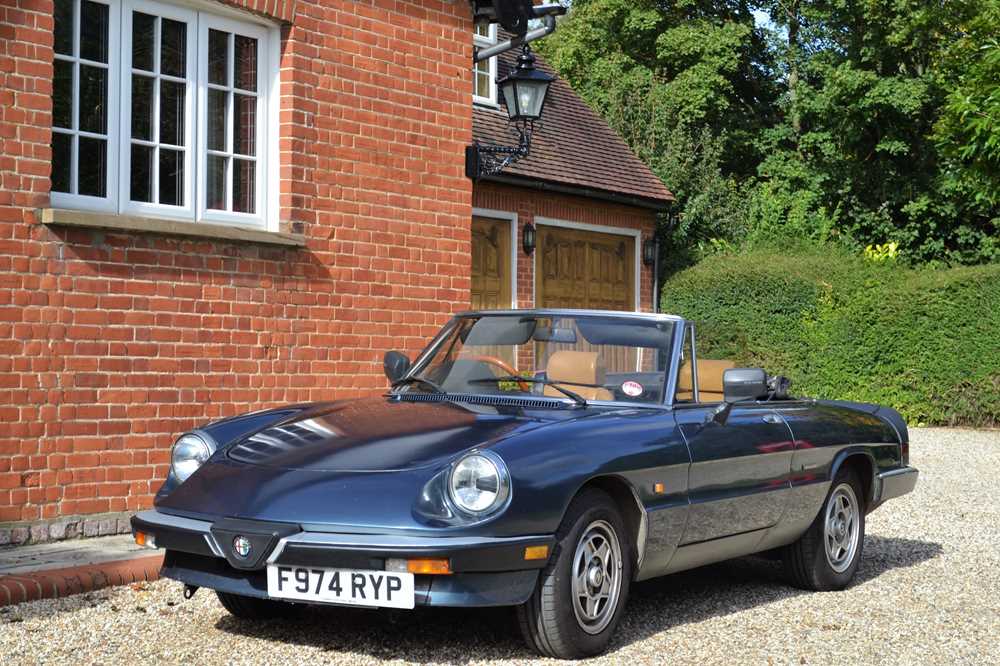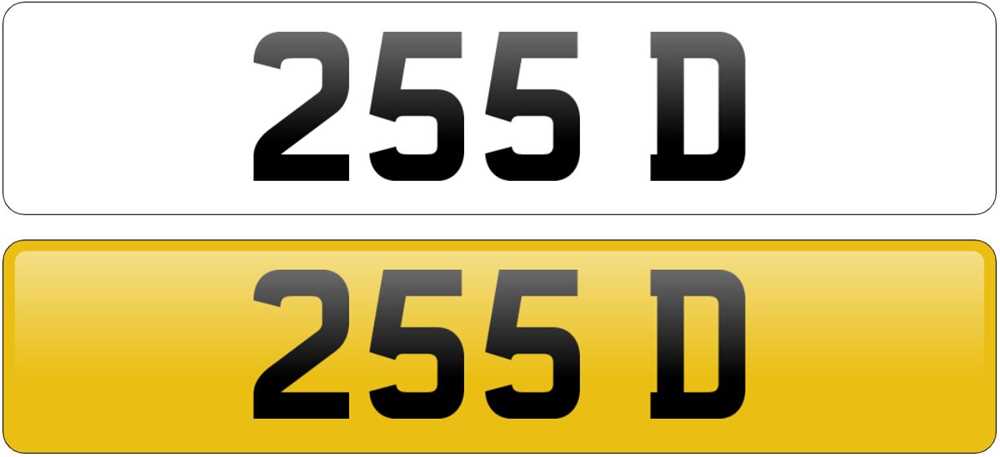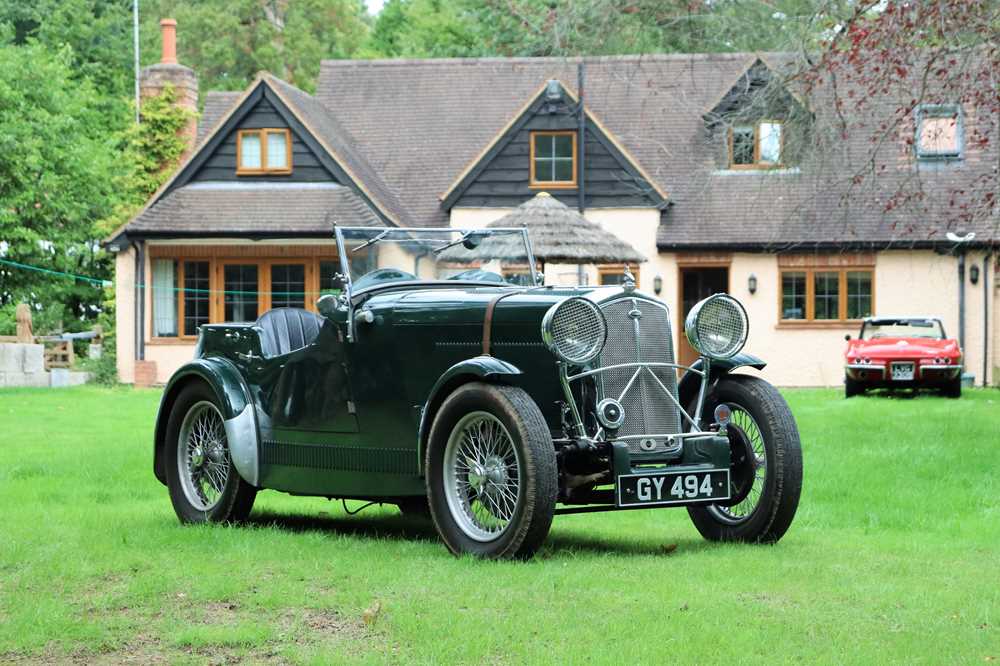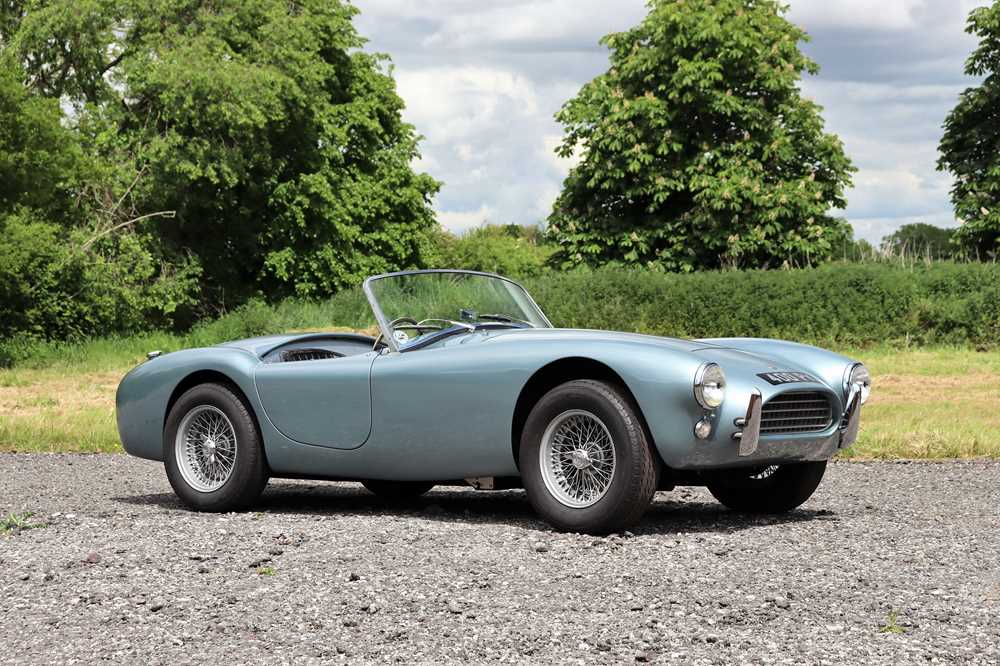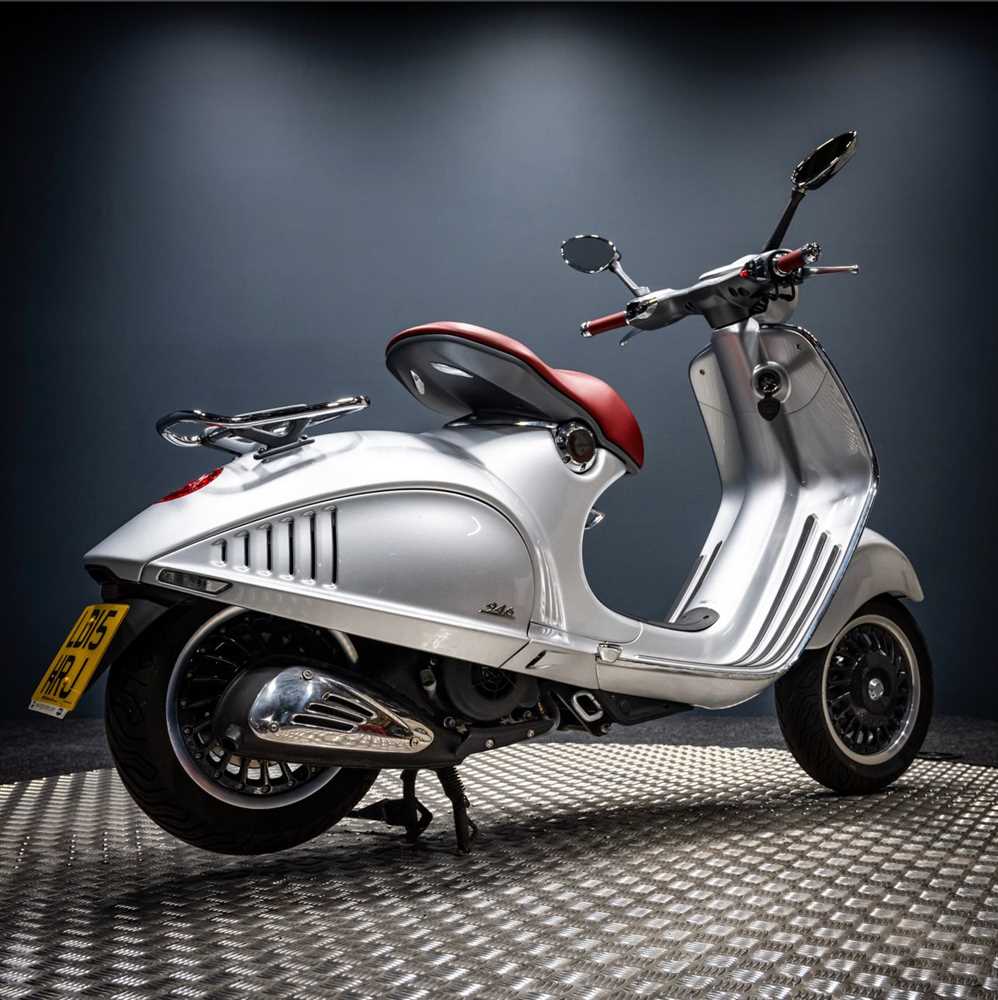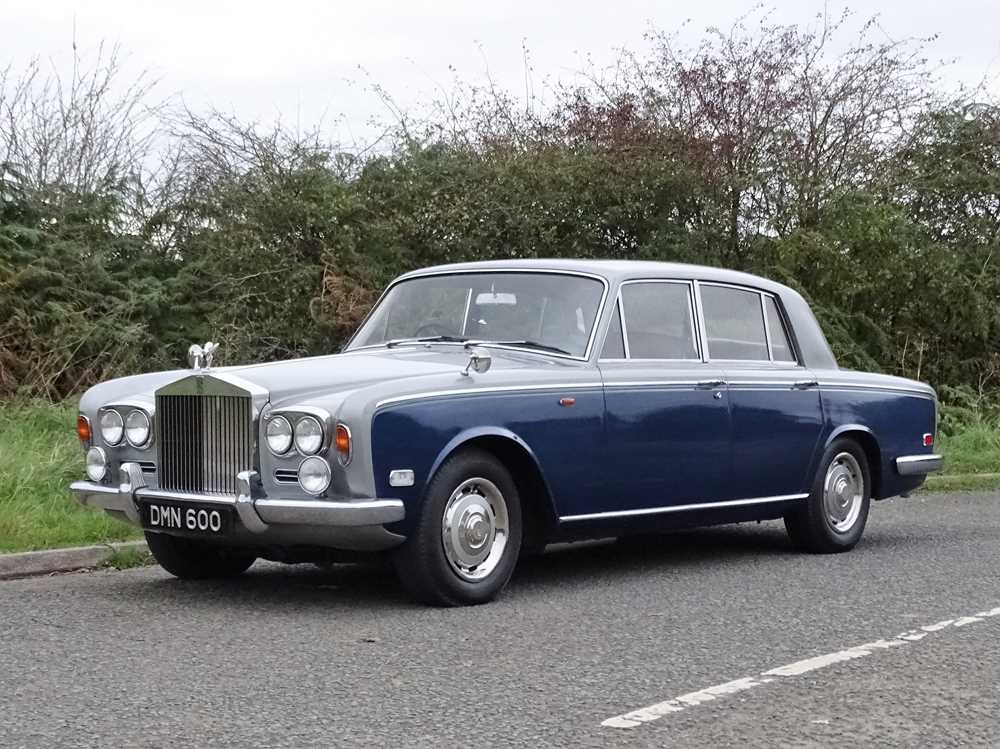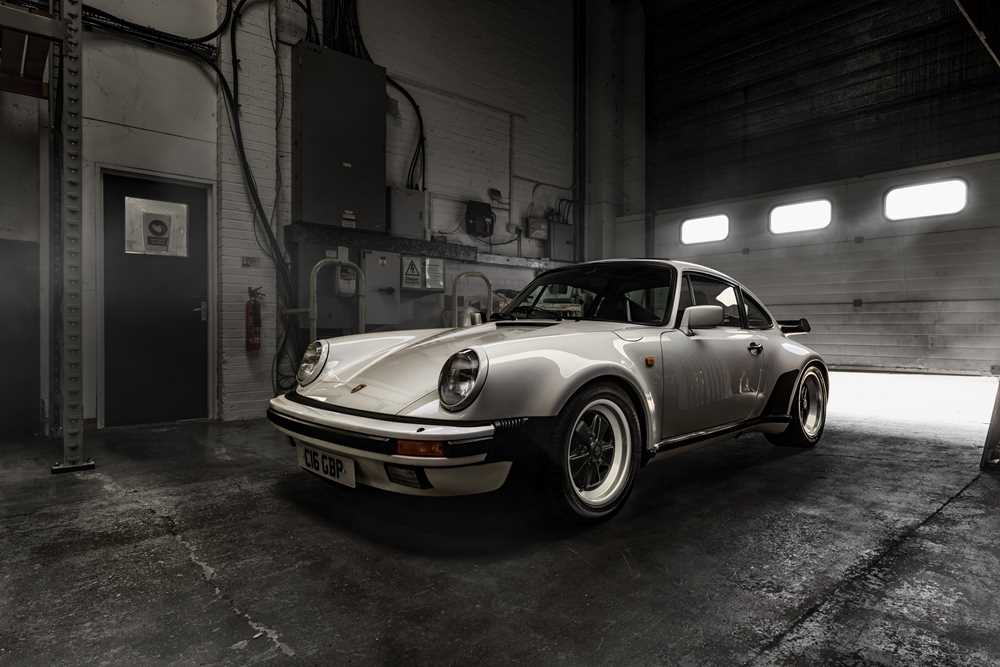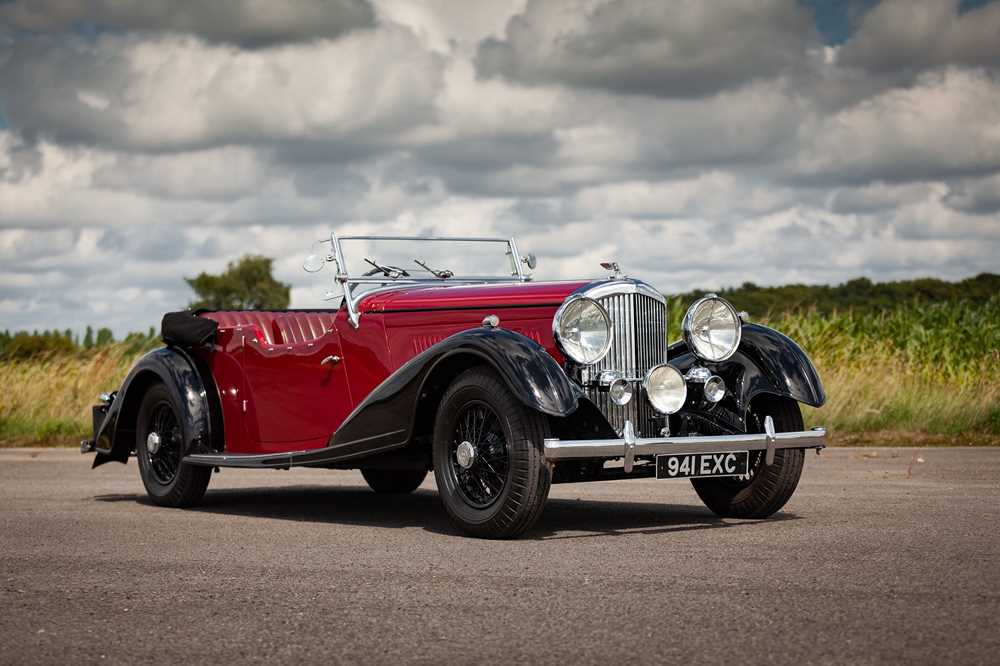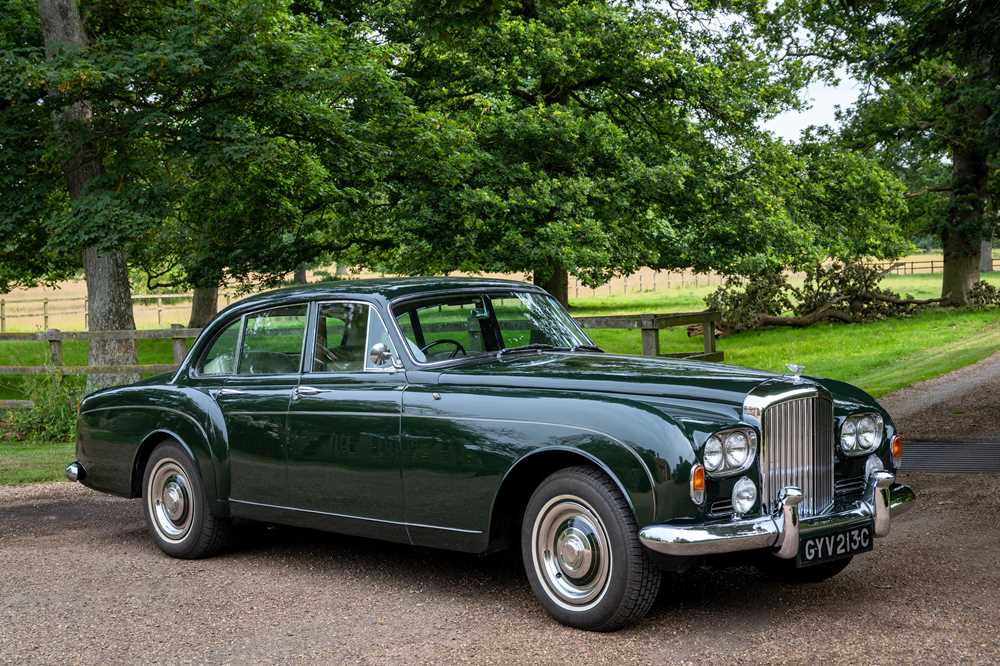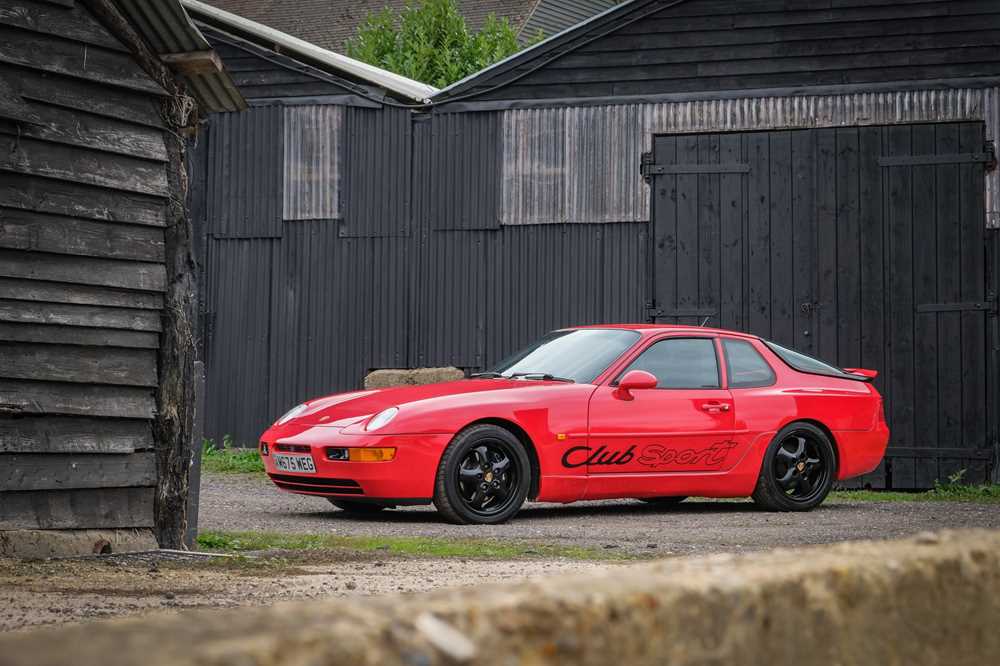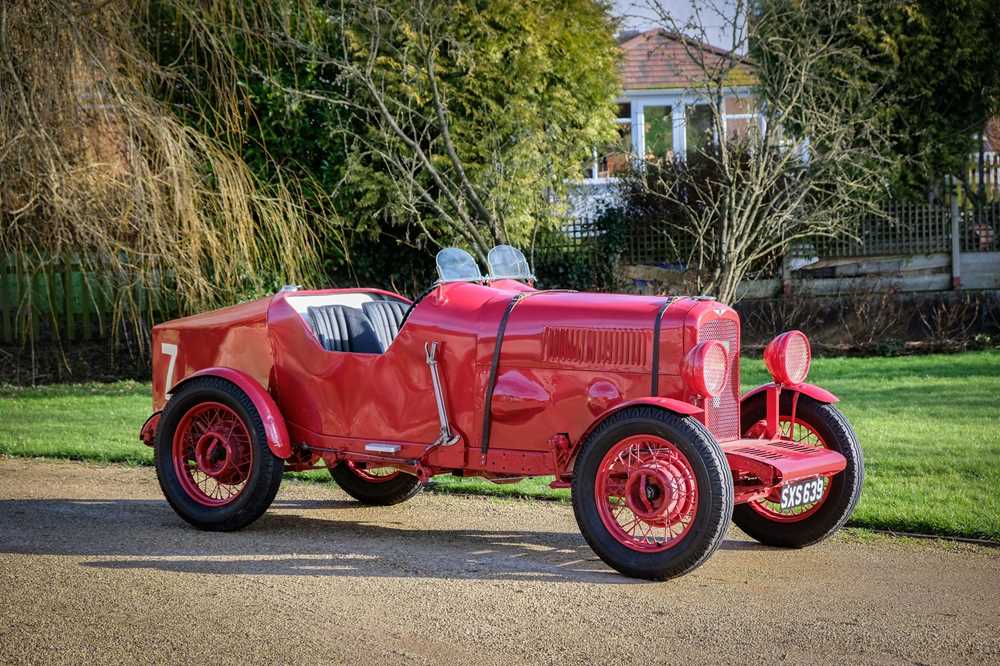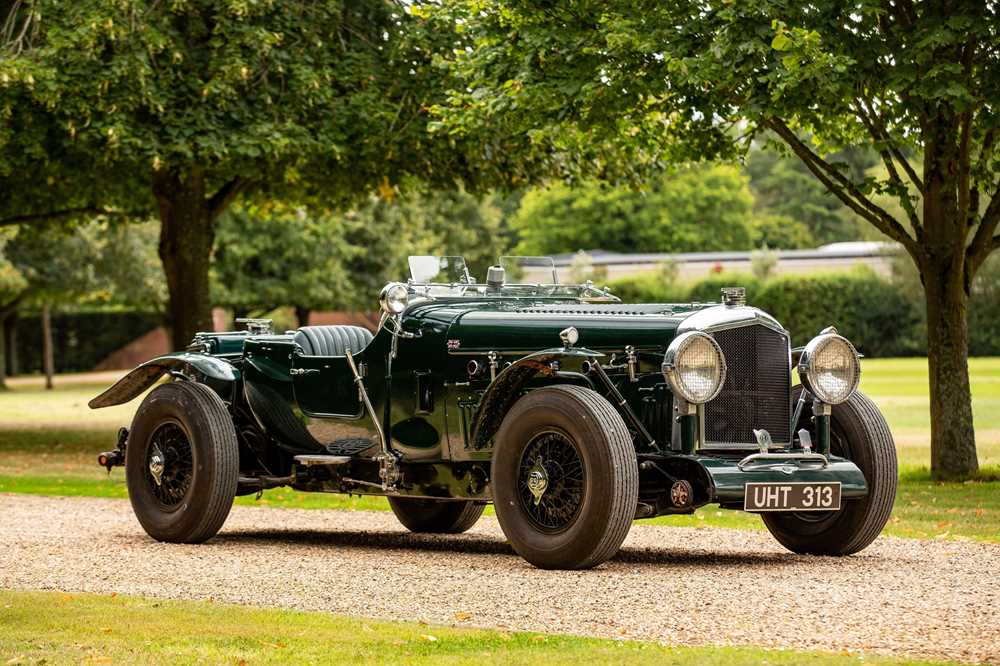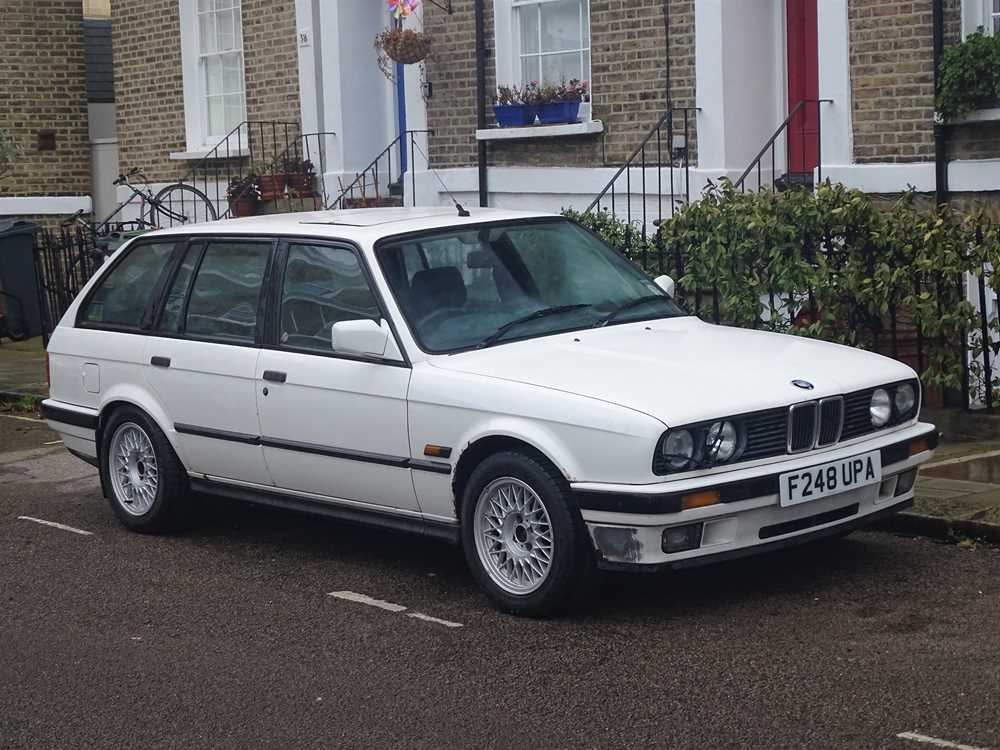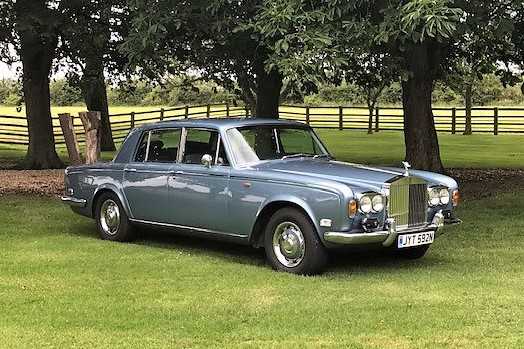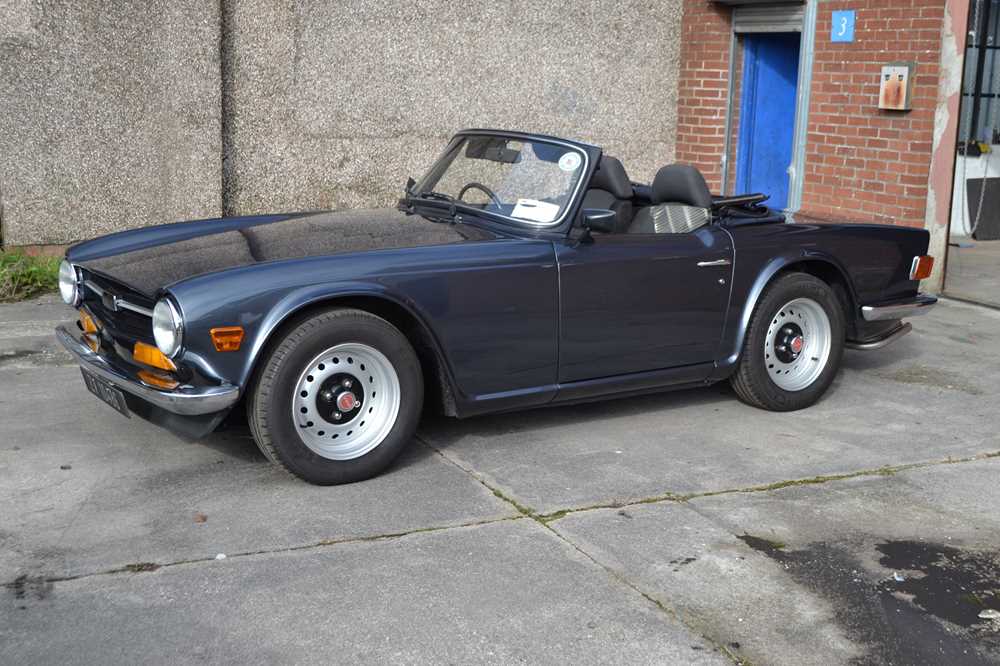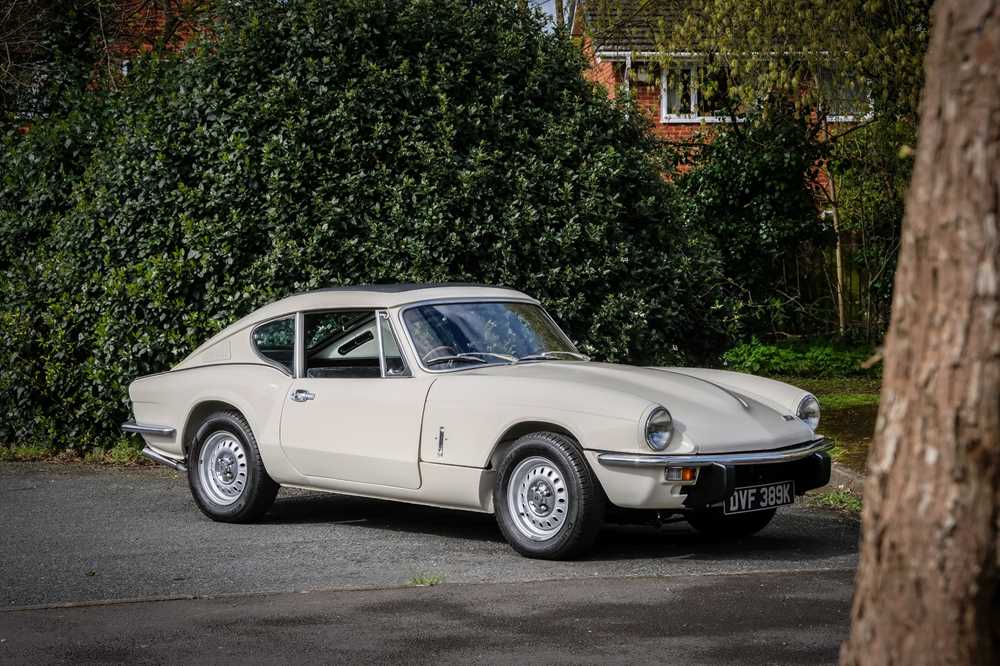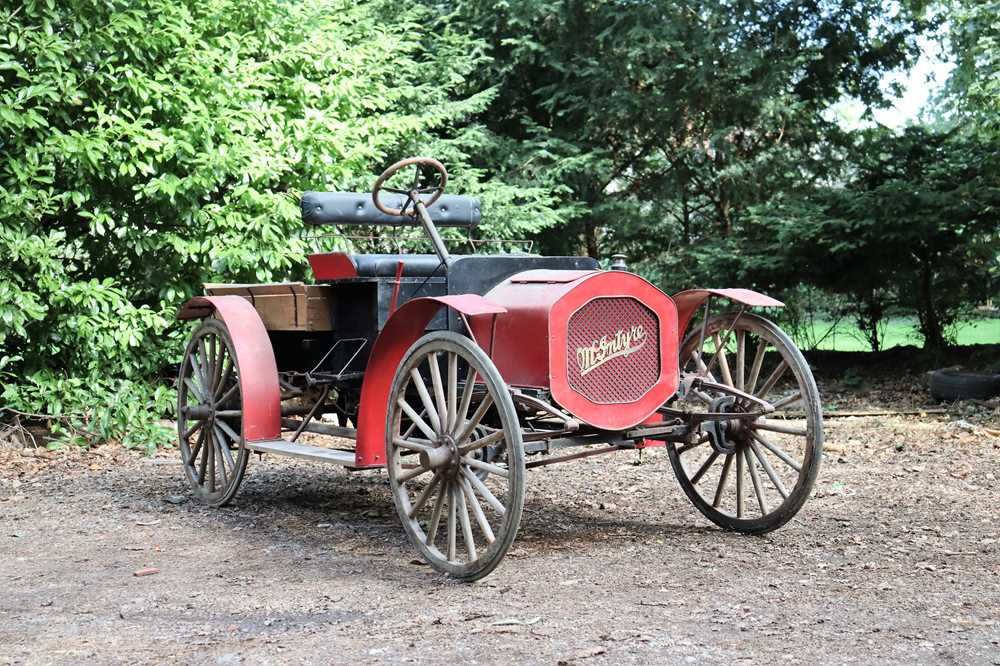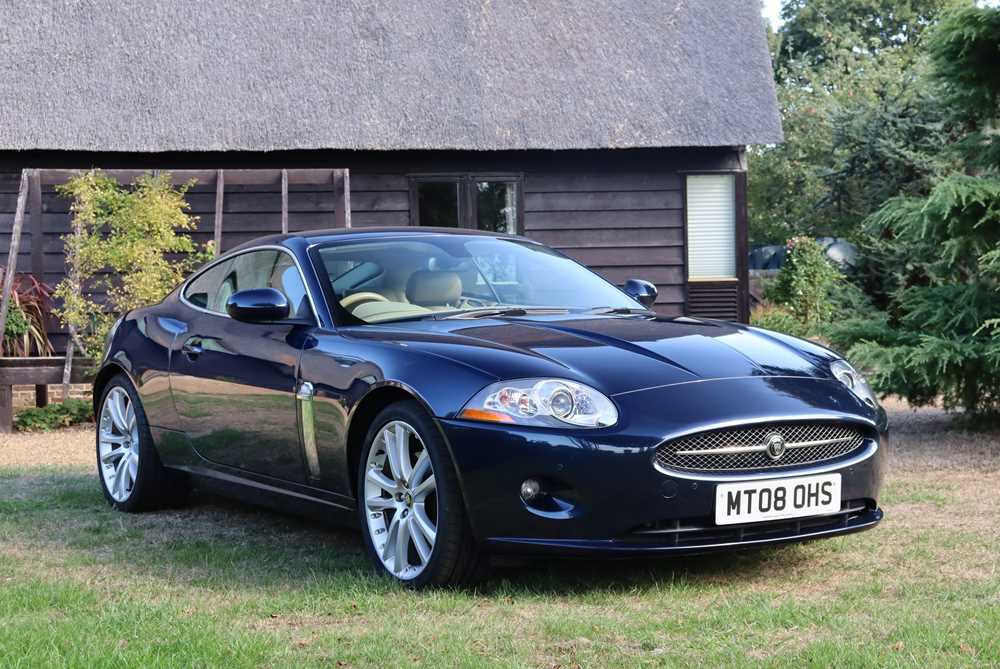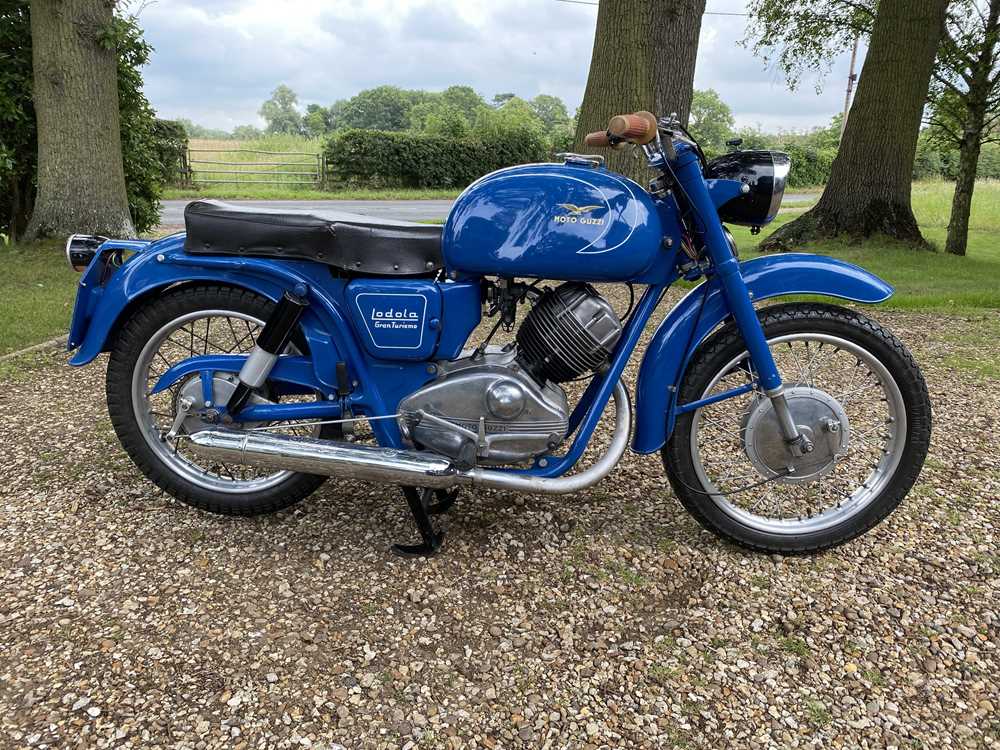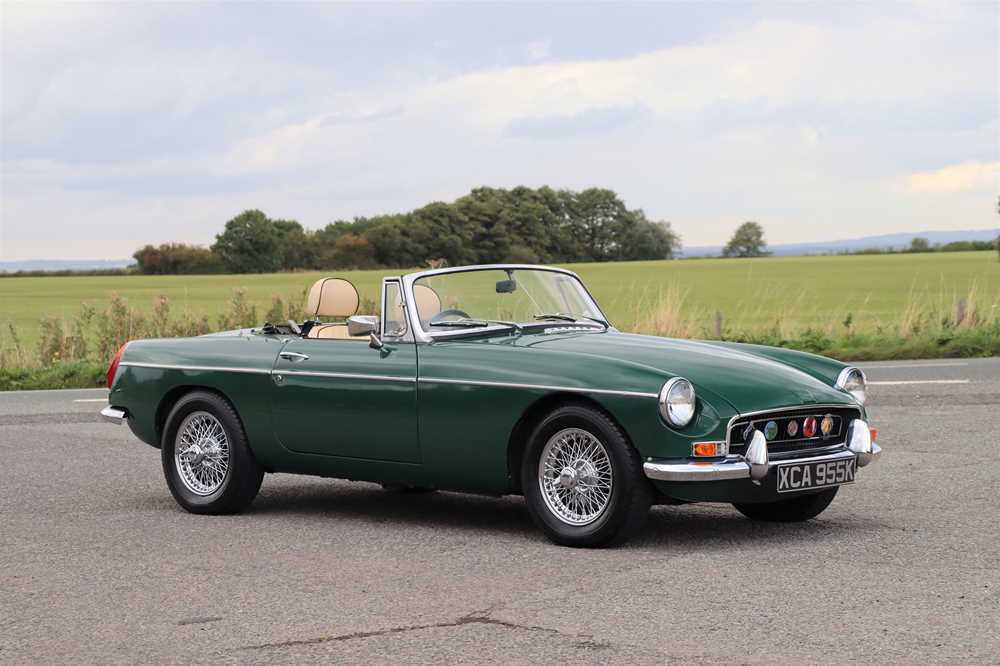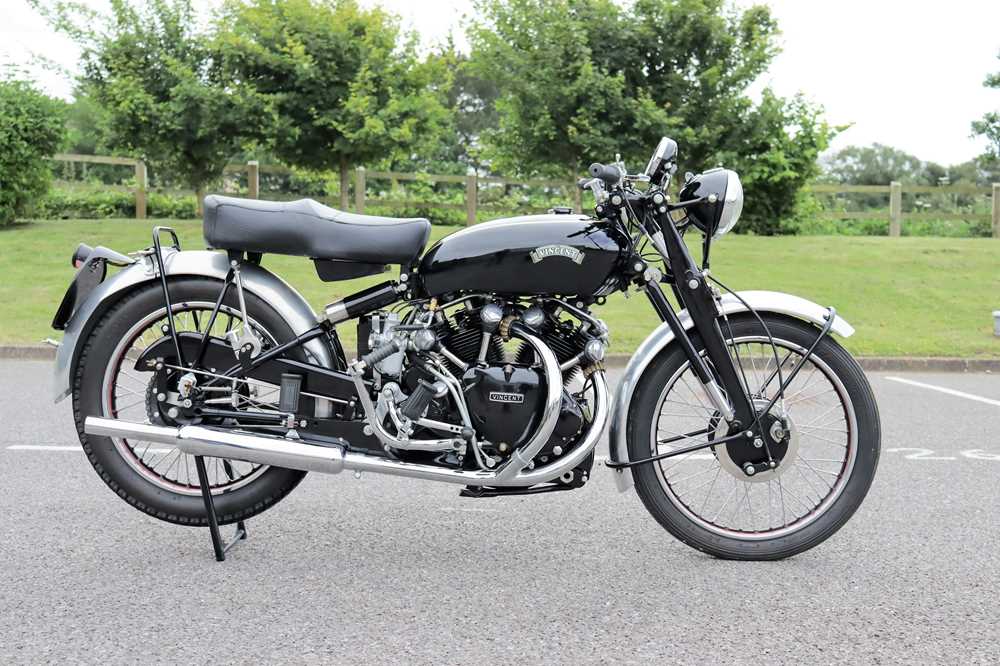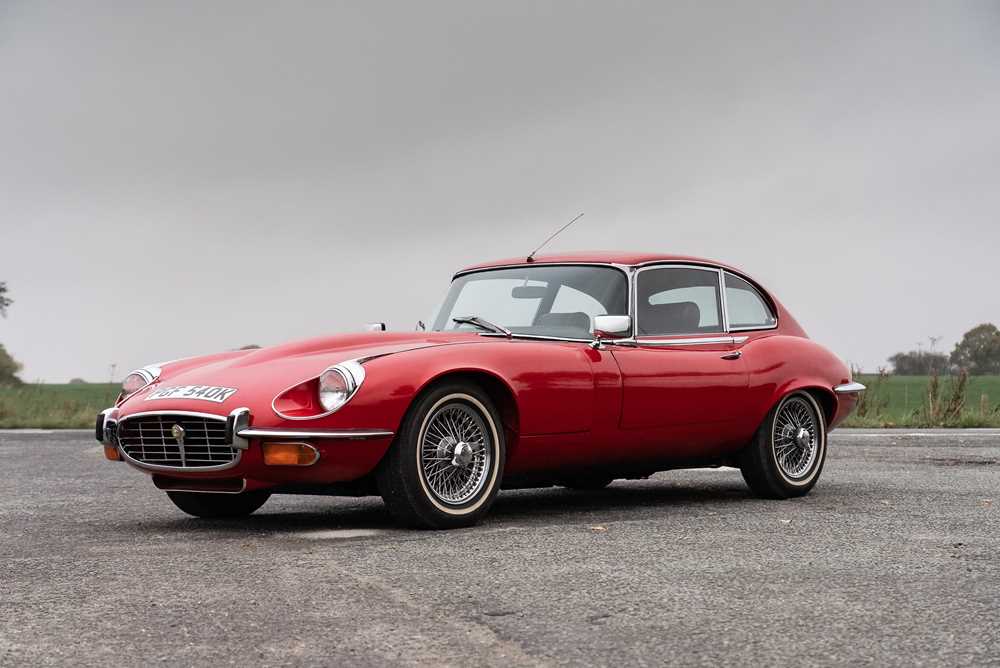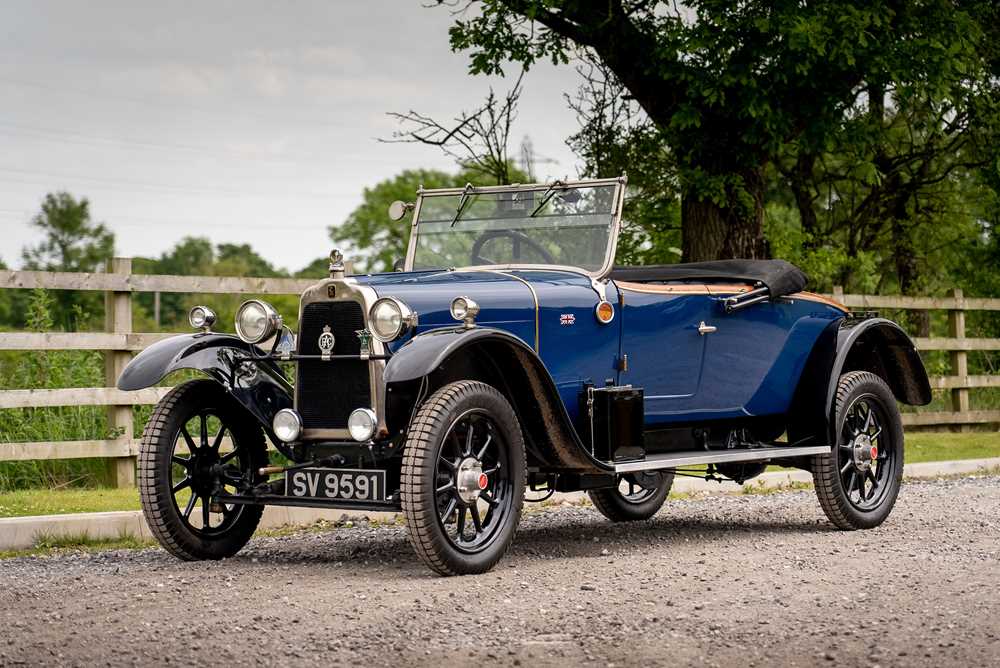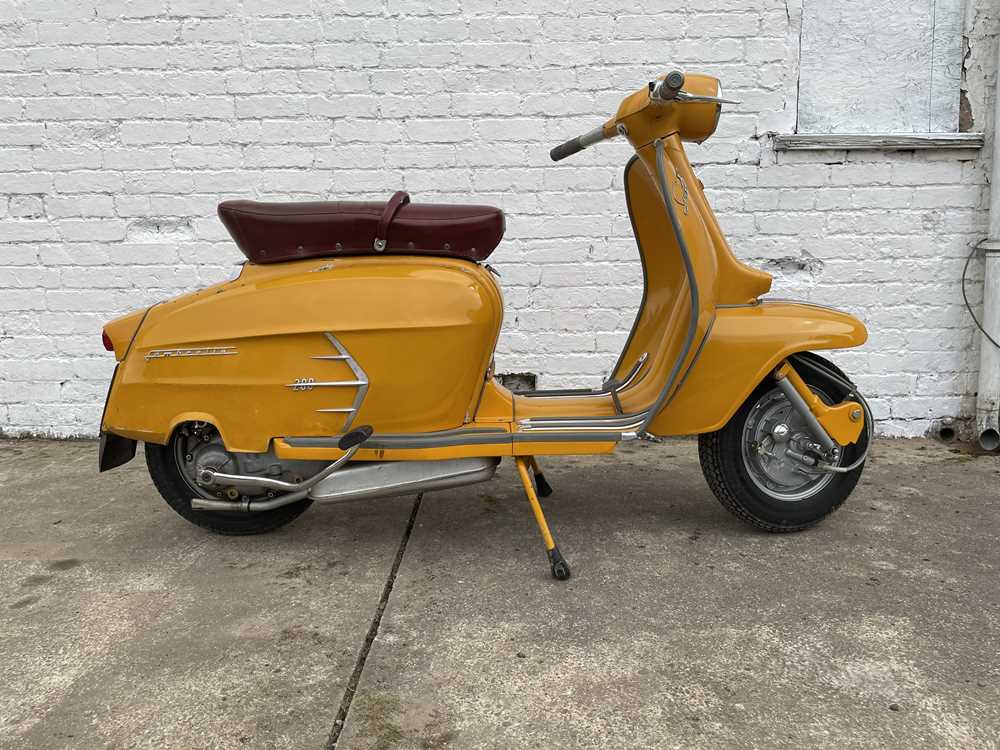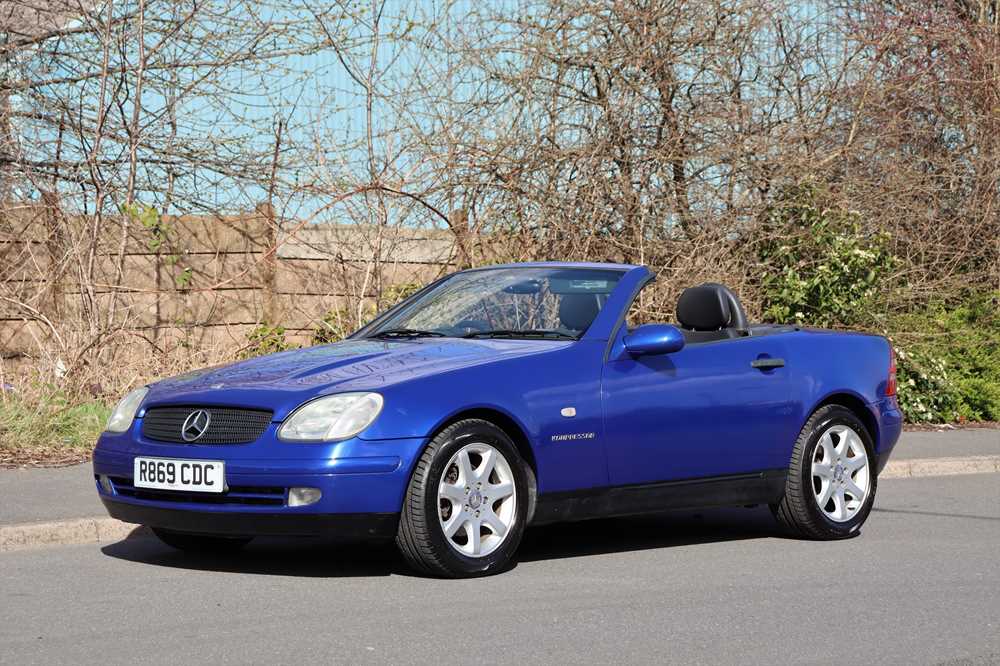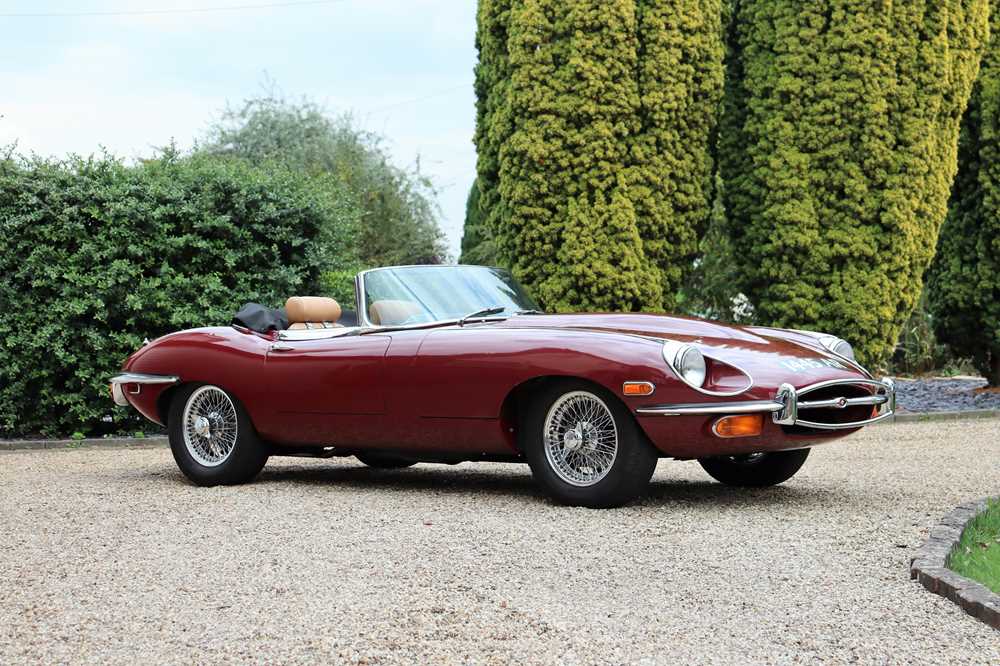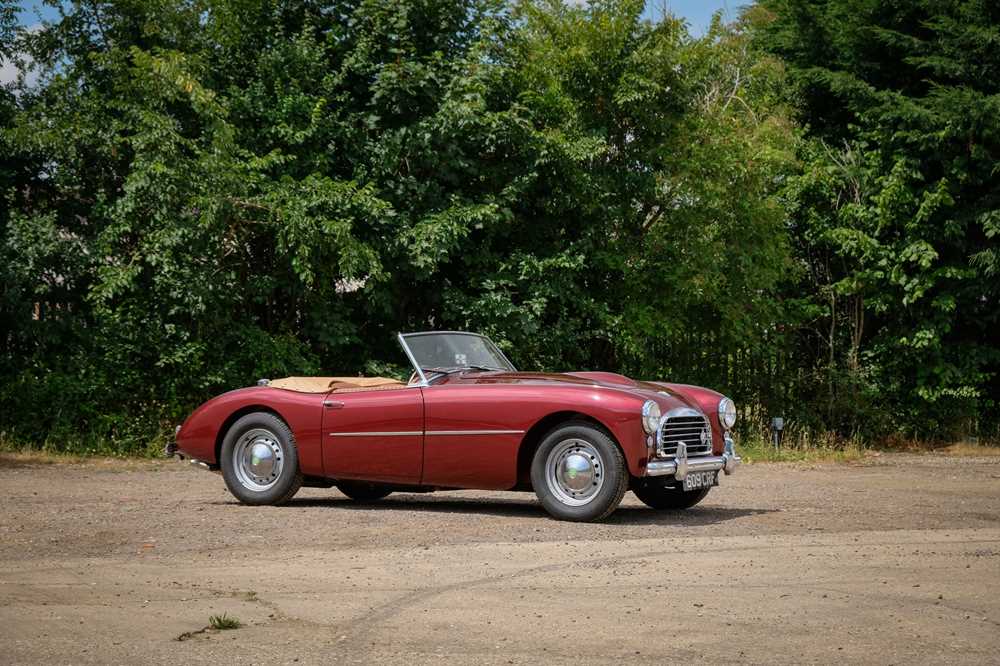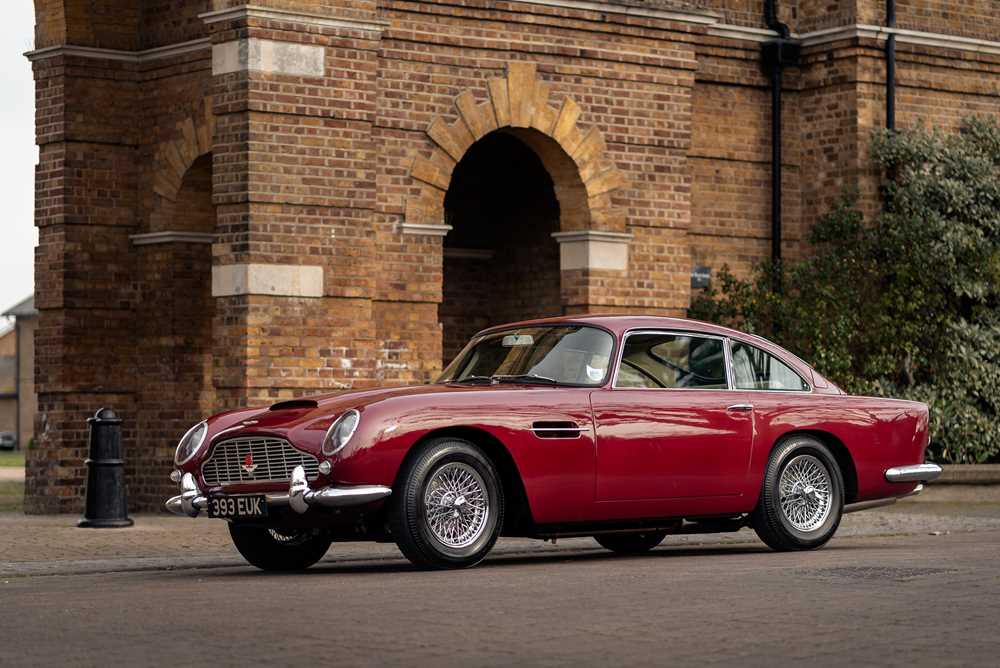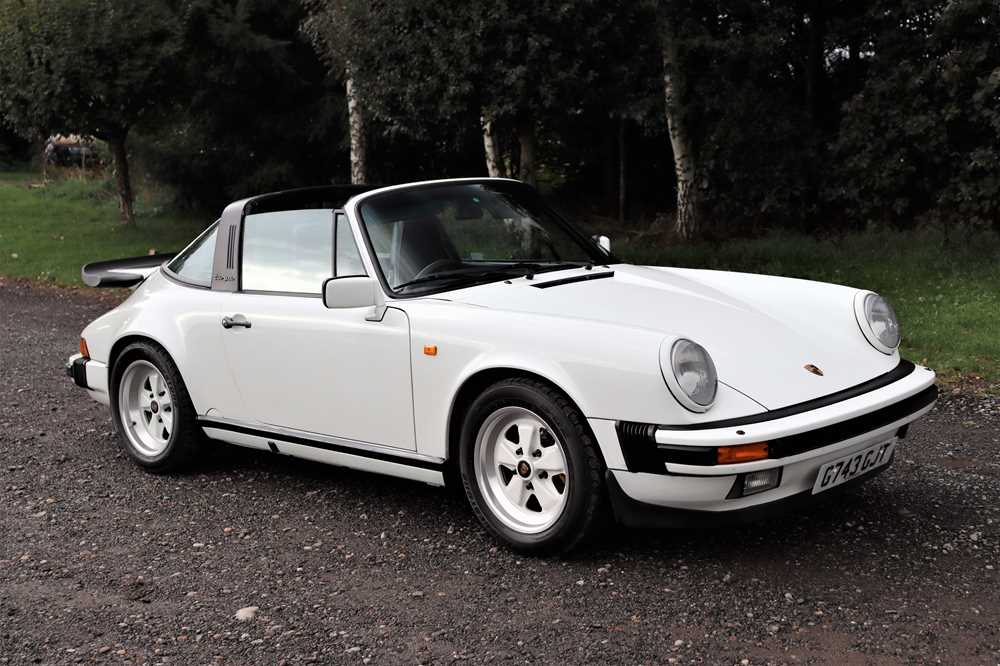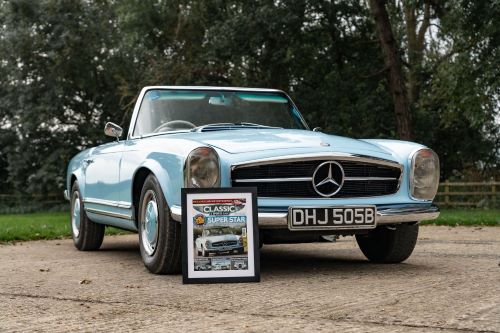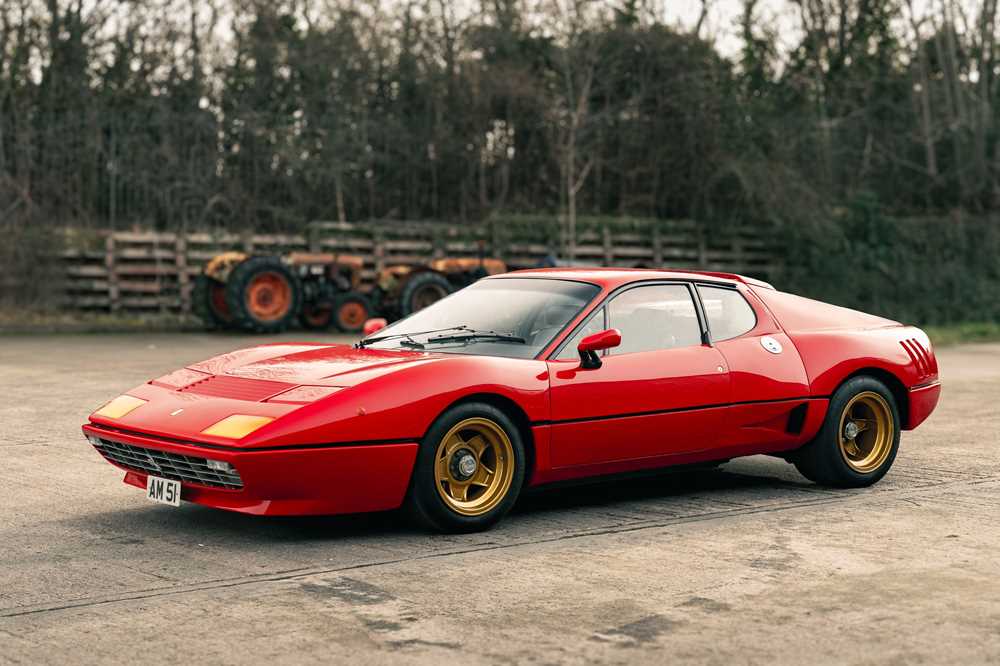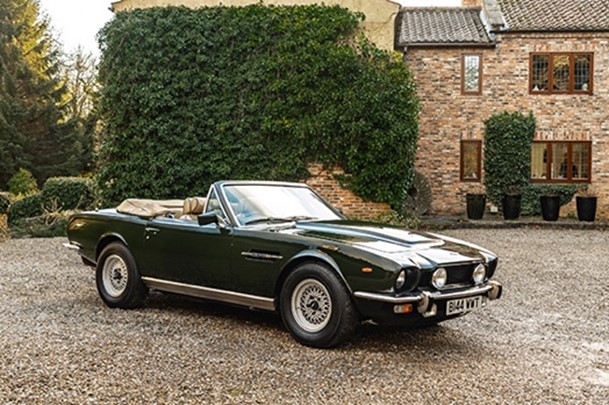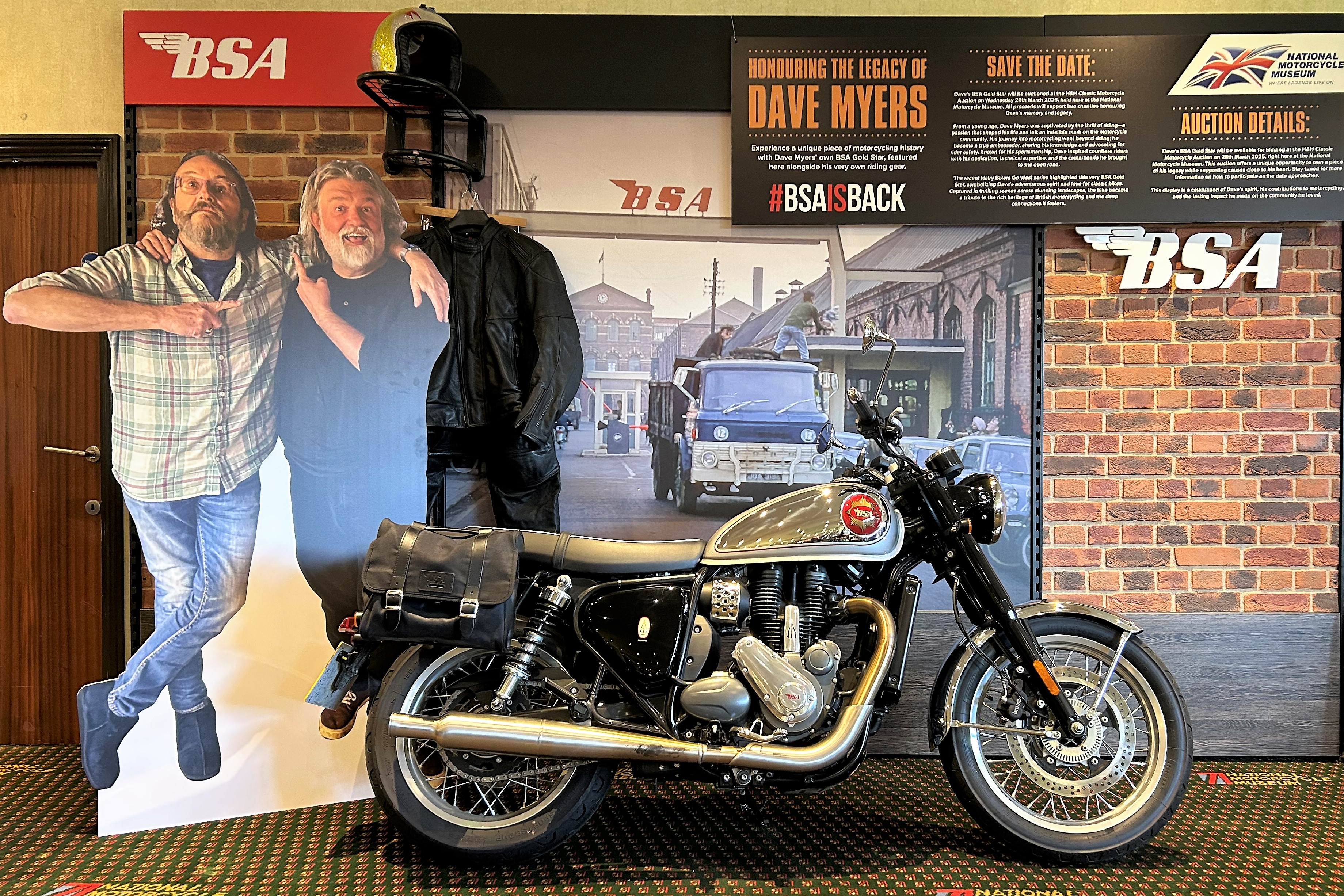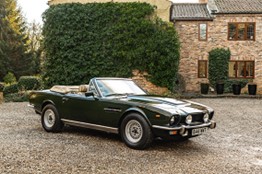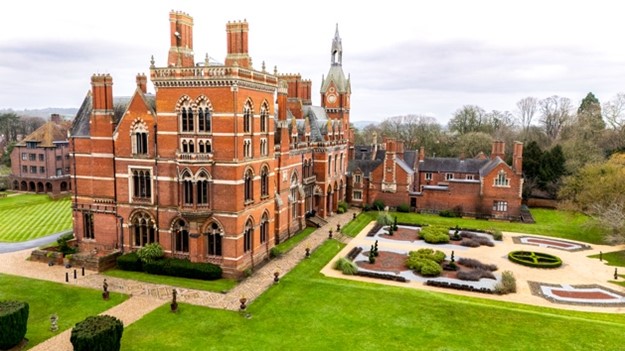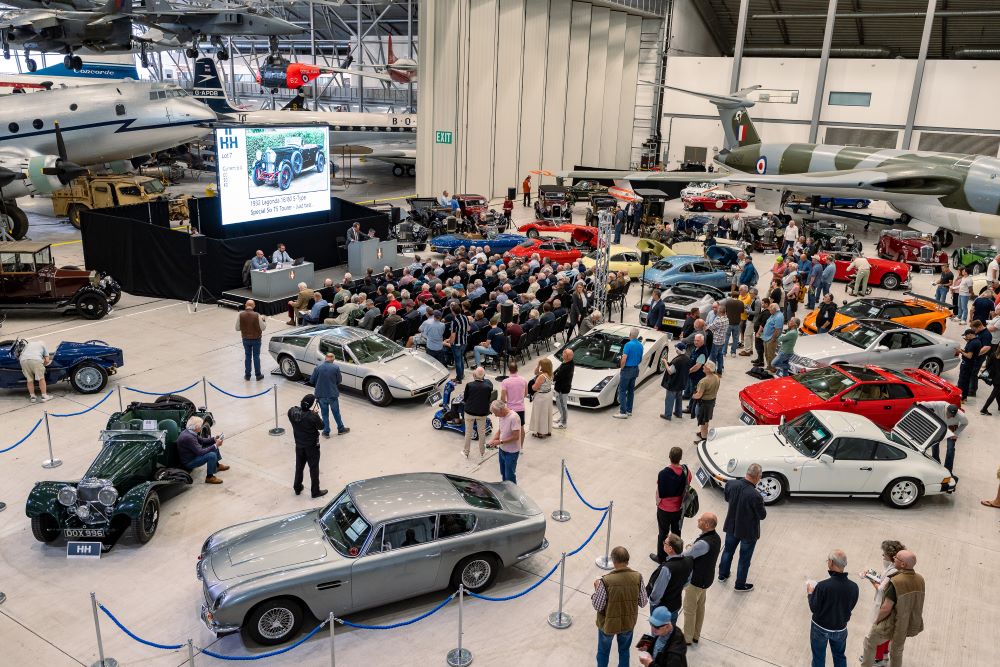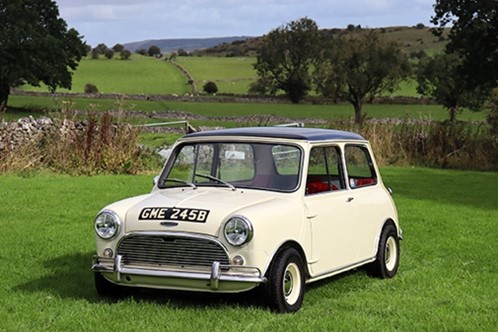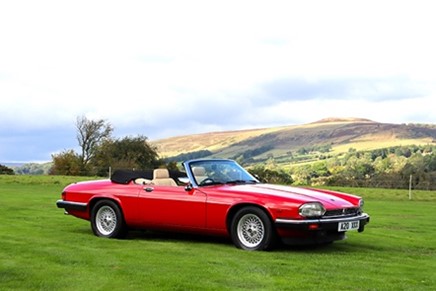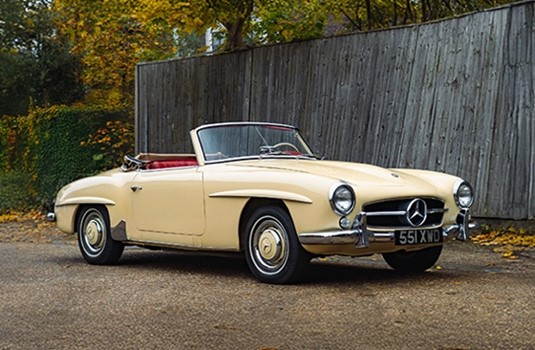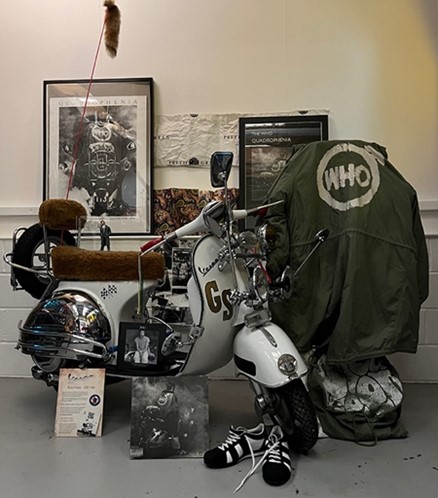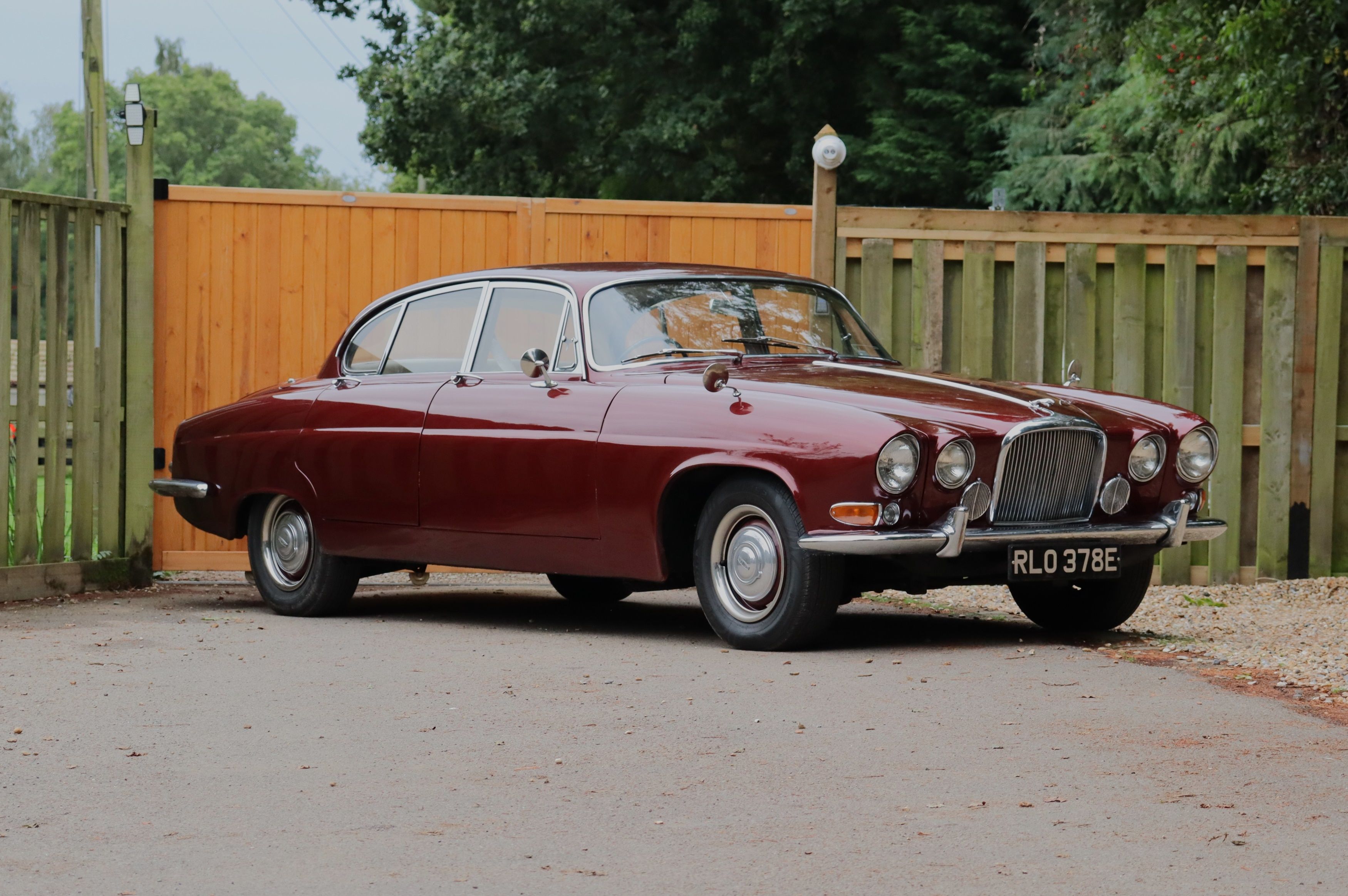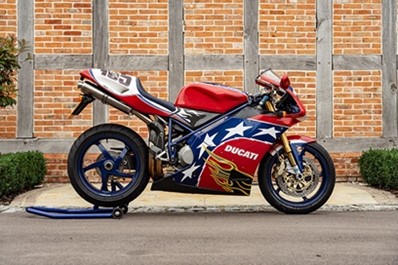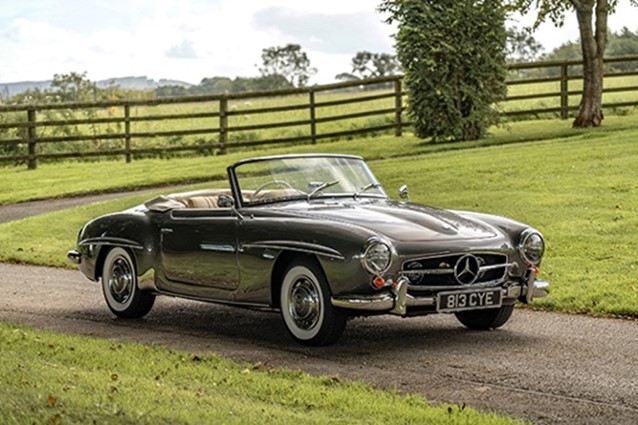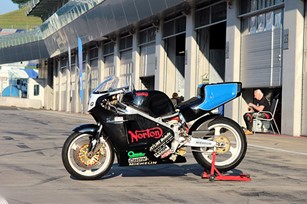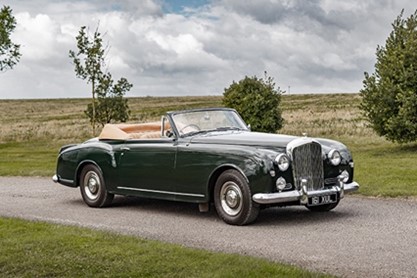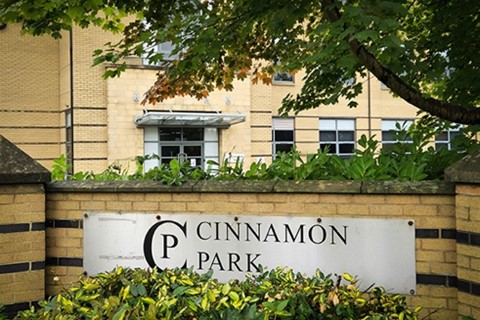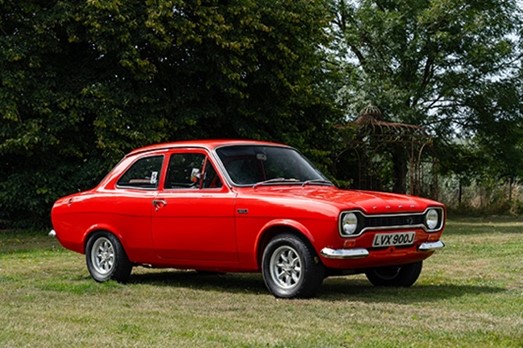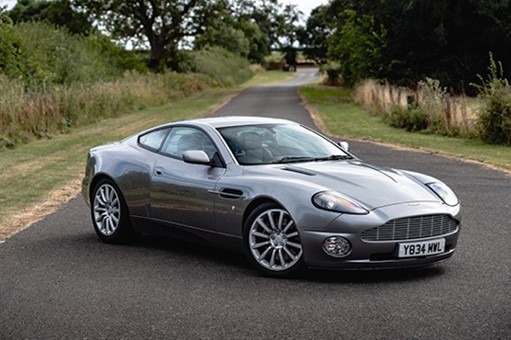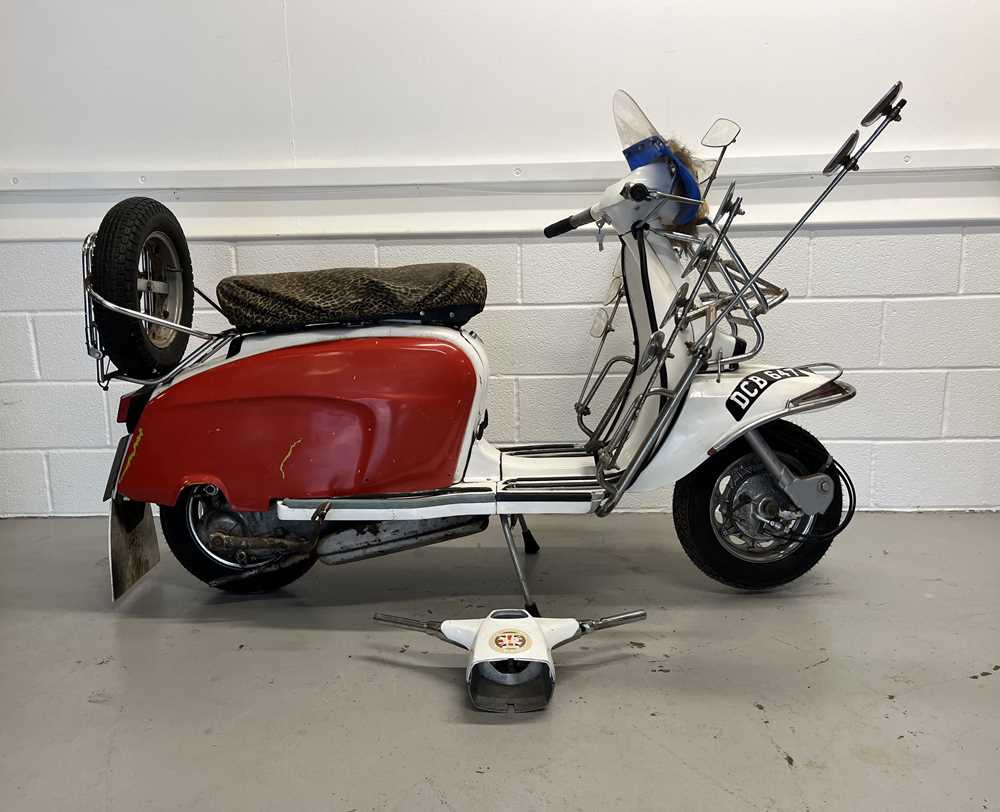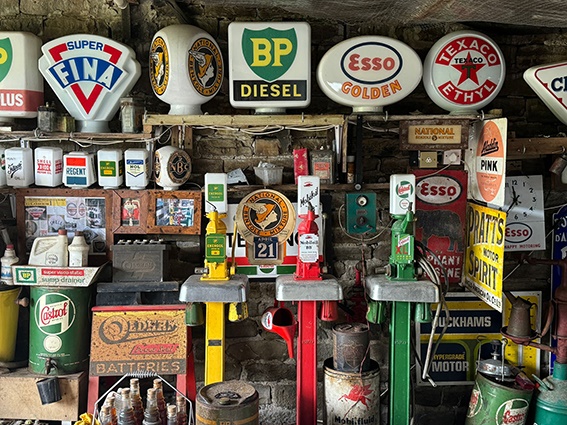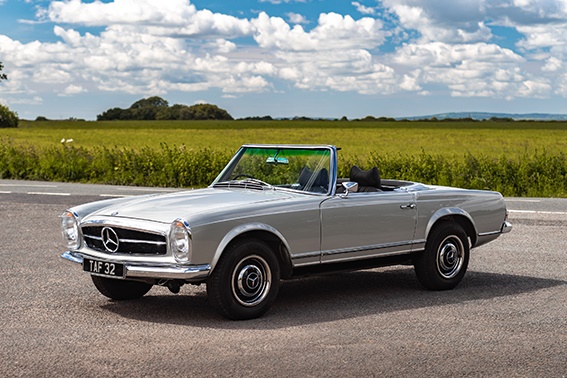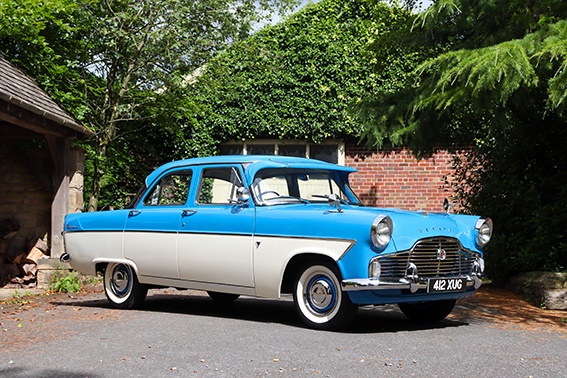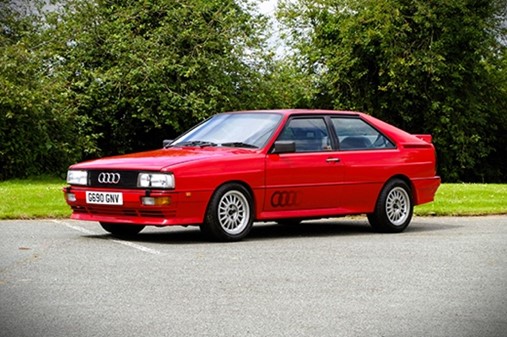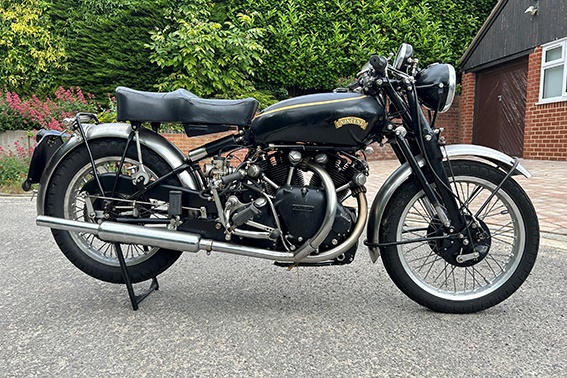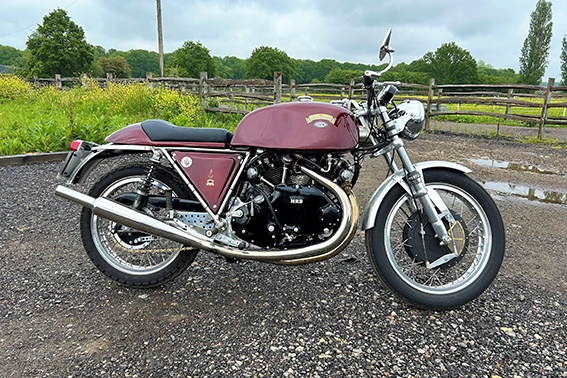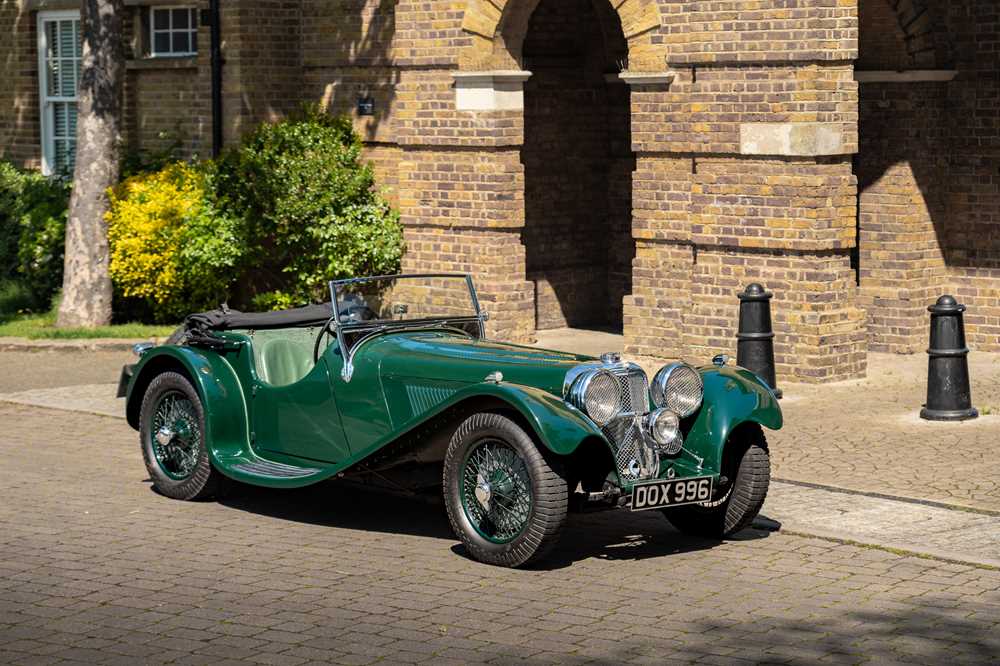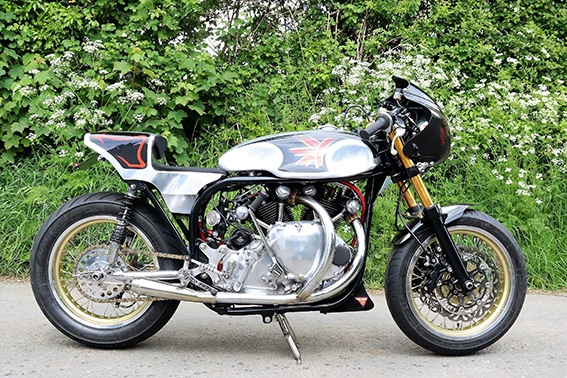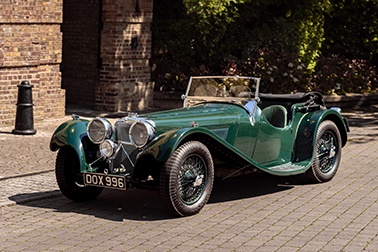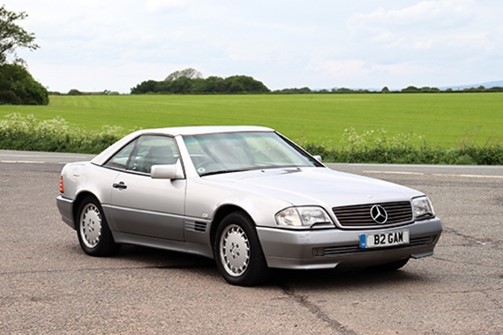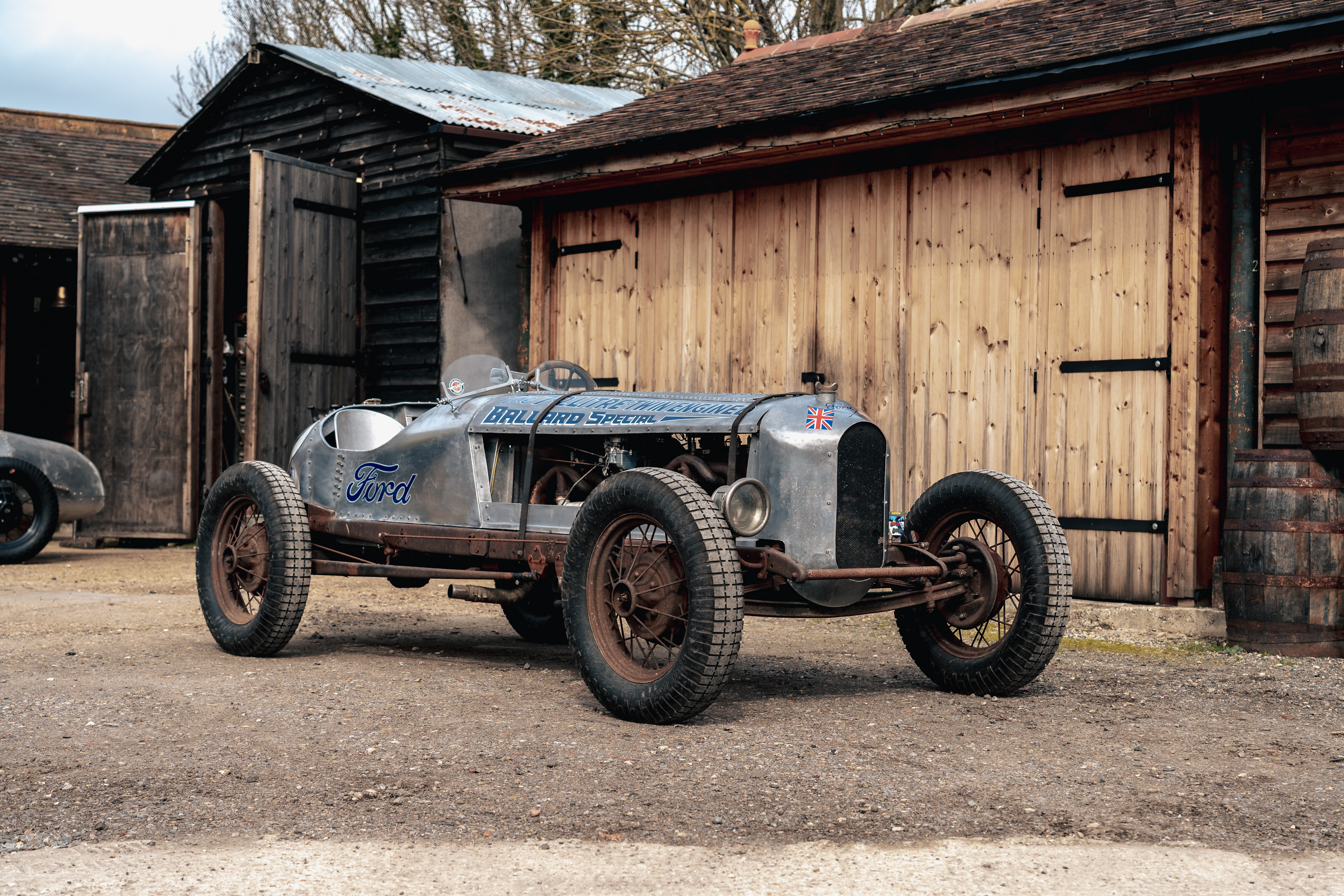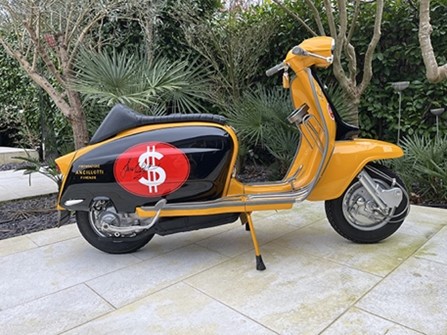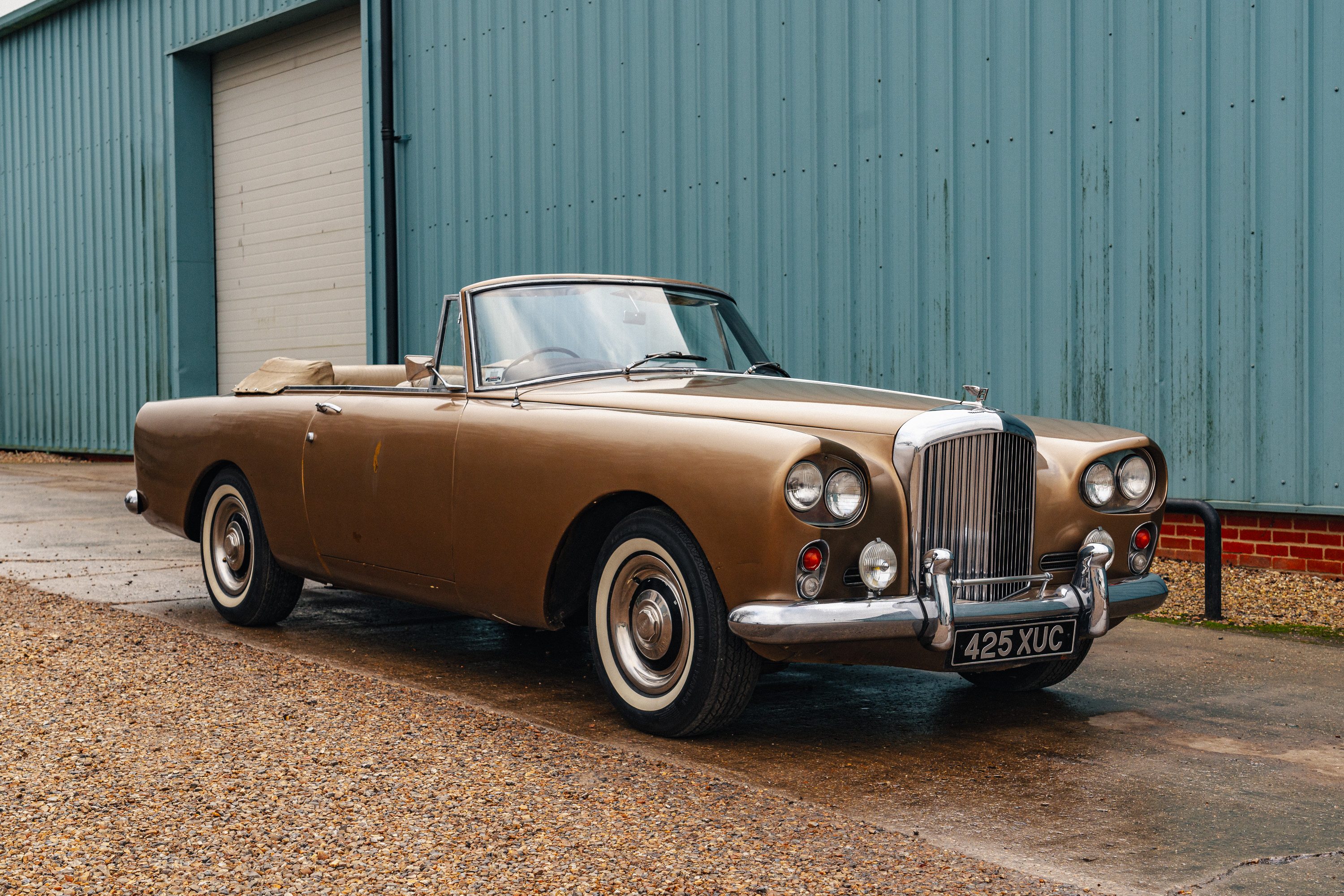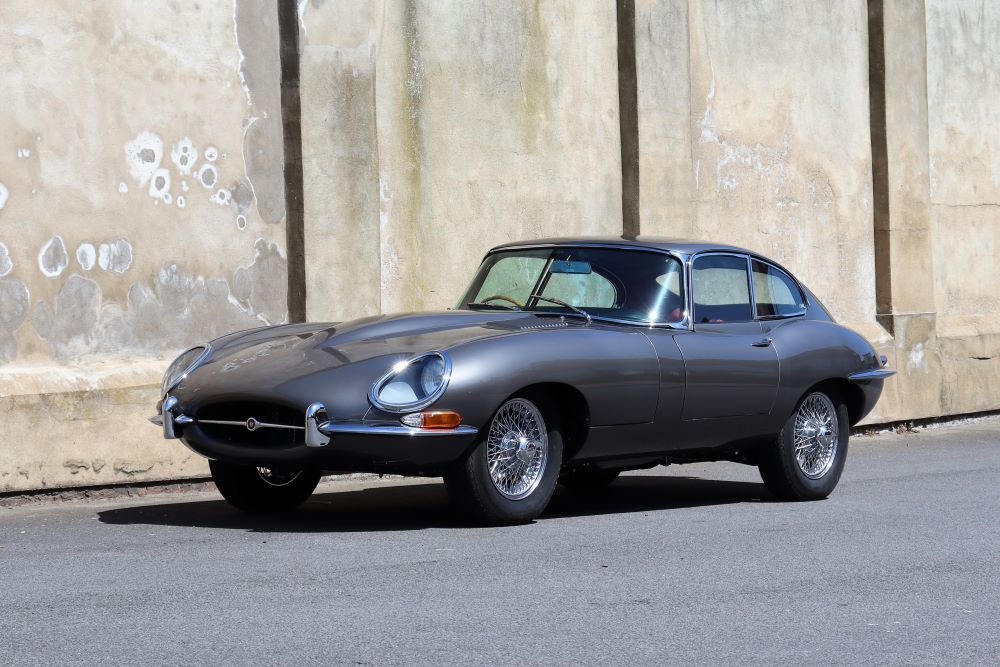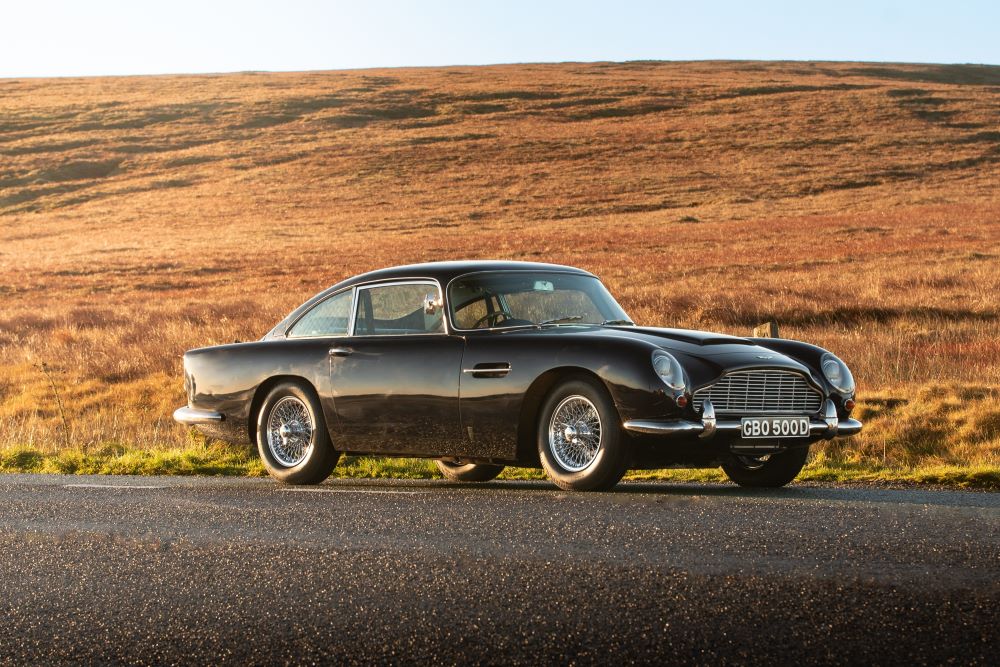9th Oct, 2024 13:00
Imperial War Museum | Duxford, Cambridgeshire
1930 Bugatti Type 46 Weymann Coach
Sold for £297,000
(including buyers premium)
Registration No: GF 5087
Chassis No: 46163
MOT: Exempt
- Supplied new by Col. Sorrel to 'Montmorensie' and subsequently the property of J.M. Carrick, J. Montgomerie, A.R. Gooda, R.J. Rickards, D.E. Crowther and the vendor
- Original chassis, engine and transaxle. Front axle understood to be of Molsheim manufacture but no number discerned
- Decidedly elegant Weymann coachwork
It is ironic that the mighty 12.8-litre straight-eight engine developed for the world’s most exclusive motorcar – the Type 41 ‘Royale’ – should end up powering SNCF trains aboard which even the humblest paysanne could ride. Undeterred, Ettore Bugatti created another Bentley-baiting, Rolls-Royce-rivalling luxury contender in the shape of the Type 46. Better known as ‘La Petite Royale’, the newcomer sat on an imposing 11ft 6in wheelbase (a match for the shortest production Bentley Speed Six) and was available in bare chassis guise only. Despite debuting in 1929, the same year as the infamous Wall Street Crash, the model recorded an impressive 444 sales globally before production ceased during 1932. Able to blend art with engineering such that form following function was not always a given, Ettore Bugatti had a penchant for monolithic powerplants. Notably narrow and perfectly rectangular, the Type 46’s 5.4-litre SOHC straight-eight owed its striking aesthetics to an ingenious single-piece ‘monobloc’ casting that contained the main crankshaft bearings, cylinder walls and combustion chambers as well as dispensing with the need for external clutter. Developing an unstressed 140bhp @ 3,500rpm and bountiful torque thanks to the 130mm stroke it shared with the ‘Royale’, the twin-plug, three-valve per cylinder unit was allied to a rear-mounted, three-speed transaxle. Clothed by the world’s premier coachbuilders, ‘La Petite Royale’ was renowned for its top gear flexibility (from brisk walking pace through to 90mph plus). Large 16-inch drum brakes provided ample retardation but lacked servo assistance. In true Bugatti fashion the model also distinguished itself competitively with Baron Orban de Xivry claiming outright victory on the 1932 Liege-Rome-Liege Rally and Works driver Louis Chiron taking a fine 4th place overall during the same season’s Monte Carlo Rally. Eligible for such prestigious events as the Pebble Beach Concours, Colorado Grand or Villa d’Este, the Type 46 is a true thoroughbred in the best Molsheim tradition.
There is no doubt ‘La Petite Royale’ succeeded where ‘(La Grande) Royale’ failed in terms of cementing Bugatti’s status as a luxury motorcar manufacturer; little wonder then that the model was reputedly among Ettore’s favourites. Le Patron would surely have approved of this particular example – chassis 46163 – too on the basis that it sports a scaled-down version of the magnificent semi-panelled Weymann Coach body which adorned his personal Type 41 ‘Royale’ when it won the 1929 Grand Prix d'Honneur Concours d'Elegance complete with ‘letterbox’ windscreen, kick-forward A-pillar, D-back and asymmetric rear windows. Invoiced to UK concessionaire Colonel Sorrel on 7th January 1930 for the princely sum of FF63,000 (including FF2,570 of extra fittings), the two-door Fixed Head was delivered a month later. Issued with the London number plate ‘GF 5087’ on April 2nd 1930, the Type 46’s first owner is simply recorded as ‘Montmorensie’ who we presume to have been the artist Sir Miles Fletcher de Montmorency, 17th Baronet Morres of Knockagh. Deriving an income from his Irish estates but residing in the English Capital, de Montmorency seemingly kept the four-seater until 1939/1940 when it was bought by Rodney Clarke Esq. for a mere £30! The co-founder of renowned Bugatti and Maserati specialists Continental Cars (and later Connaught), Clarke believed chassis 46163 to have been the Type 46 that he loaned to Cecil Clutton and Laurence Pomeroy for a test drive which was subsequently written-up in the April 1942 issue of Motor Sport magazine. Hand- and typewritten correspondence on file also reveals that ‘GF 5087’ was the car in which Pamela Clarke ‘missed being born by five minutes’ during 1943.
Migrating to Scotland thereafter, the close-coupled four-seater belonged to J.M. Carrick Esq. of Coldstream, Berwick and then John Montgomerie Esq of Castle Douglas. The latter acquired it in 1954 and as the proprietor of James Gordon (Engineers) Ltd set about a ‘chassis up, body off’ restoration. Amazingly, much of the work is chronicled via a series of accompanying black and white photographs. Done on a piecemeal basis, the project had yet to be completed when Robert Prosser (acting on behalf of Robert Gooda Esq.) tracked the Bugatti to Castle Douglas during 1973. In two minds about selling, Montgomerie asked what he felt was an overly ambitious £4,000 for chassis 46163 and was somewhat taken aback to be pretty much handed a deposit there and then. Custodian for less than a year, Mr Gooda had the Type 46 re-registered as ‘GF 5087’ but apparently did little else prior to his premature demise. Advertised for £6,500 in the Thursday February 21st 1974 issue of Exchange & Mart, the Bugatti had in fact changed hands earlier that month being bought by R.J. Rickards Esq. Entering into correspondence with Mr Montgomerie, Mr Rickards received a wealth of information about the mechanical overhaul and was even sent the water pump. The engine is the original factory-fitted unit and is clearly stamped with the numbers ‘79’ and ‘195’. The former is the actual engine number, while the latter is the assembly number (and not that of a correct-type replacement, as had been previously posited). Mr Rickards would own the Bugatti for no less than thirty years during which time he repaired the ash frame, had the fabric panelling renewed in Blue by coachbuilder I. Wilkinson & Son of Derby and retrimmed the interior etc but, like his predecessors, did not finish it. Sold to its previous keeper Douglas Crowther Esq via the agency of Gavin McGuire Fine Automobiles in 2004, the Type 46 was further improved with all six of its alloy wheels being expensively refurbished before entering the current ownership a decade later.
An automotive engineer by profession whose career took him all over the globe on various troubleshooting and project management missions, the vendor has had a lifelong passion for motorcars. Inspired by a petrolhead stepfather and racing driver mother, he has undertaken numerous restorations over the years and still has a 1932 Alvis which has been in his family since new. As well as completely rewiring the Weymann Coach including rejuvenating the ignition system (no mean feat given the lack of available information on the twin-plug set-up), he has had the instruments restored and the interior trim completed. Thought to have begun life with Marchal lighting, ‘GF 5087’ switched over to Scintilla components early in its life (the fuse box and horn are marked Scintilla too). More original than many surviving Bugattis, chassis 46163 has recently been inspected by the marque historian and Honorary Registrar of the Bugatti Owners’ Club, Mark Morris. Keen to be as authentic as possible in his endeavours, the seller has persisted with the Smith-Bariquand carburettor and reinstated the full-length running boards (a task made easier by the presence of the factory mounting holes). The ‘Metro Fully Flush Sliding Roof’ remains in situ and operational. Although a going concern, ‘GF 5087’ has yet to be run-in and / or de-bugged since the completion of its protracted, seven-decade, refurbishment. Housed within an engine-turned aluminium panel, the Jaegar instruments encompass a 150kmh speedometer and zeroed odometer.
Aesthetics are subjective but we consider chassis 46163 to be among the most attractive Type 46s to have survived. Our sentiments being presaged by Cecil Clutton in Motor Sport eighty-two years ago: ‘This particular car is undoubtedly one of the most handsome ever, as is universally agreed by all beholders . . . The body is a two-door, four-light Weymann, with a large travelling trunk behind. The wheels are of the aluminium type. Some 5-litres are rather “lumps” in appearance, but this one is essentially “sleek.” An overall height of only 5’ 3”, as against a wheelbase of no less than 11’ 6”, largely contributes to the exceptionally fine appearance’. The potential jewel in many a collection and a fabulous opportunity for Bugattistes everywhere, this glorious ‘Petite Royale’ is offered for sale with V5C Registration Document, history file, Mark Morris report and spare block (which was purchased from marque specialist ‘Ivan Dutton’ on a ‘just in case / you never know’ basis).
For more information, please contact:
Damian Jones
damian.jones@handh.co.uk
07855 493737
Auction: Imperial War Museum | Duxford, Cambridgeshire, 9th Oct, 2024
An auction of classic, collector and performance motorcars to be held at the iconic and visually stunning Imperial War Museum, Duxford. Venue Details
To take part in the live online bidding please click 'Register to Bid | Sign In' at the top of the page Register to Bid
Alternatively, bidding can take place through our partner's site SALEROOM.COM
Viewing
Tues 8th October from 12pm
Wed 9th October from 9am
All successful bids must be paid in full by midday the day after the auction at the latest.
You can collect your new pride and joy from our venue until 1pm the day following the sale or our partners are on hand to help arrange safe transportation:
Do you have an item to sell?
If so, contact one of our friendly specialists for your free valuation by completing the form below and someone will get back to you as quickly as possible.
If you prefer to speak to humans, don't hesitate to call our office on +44 (0)1925 210035
Other lots in this sale













































































































































































